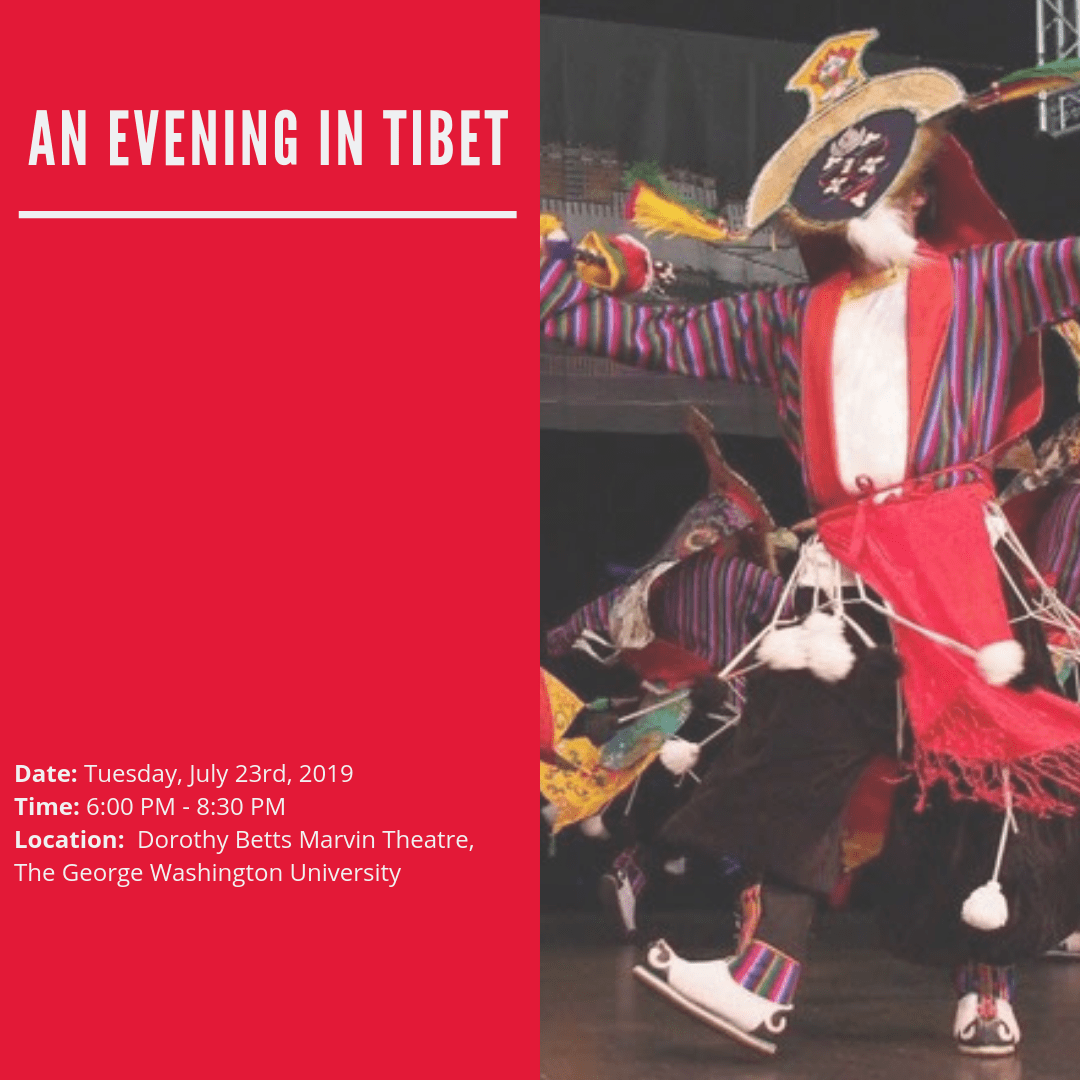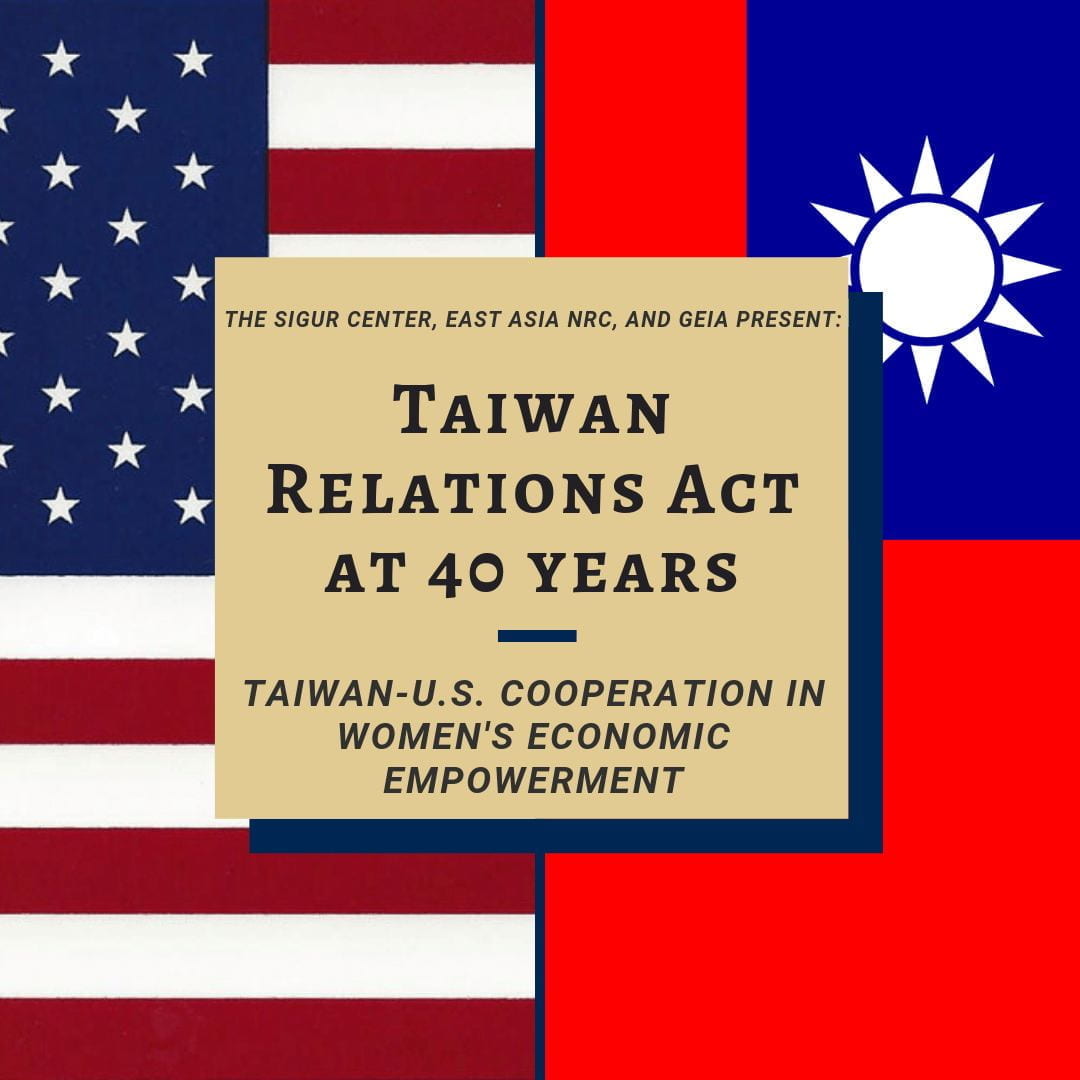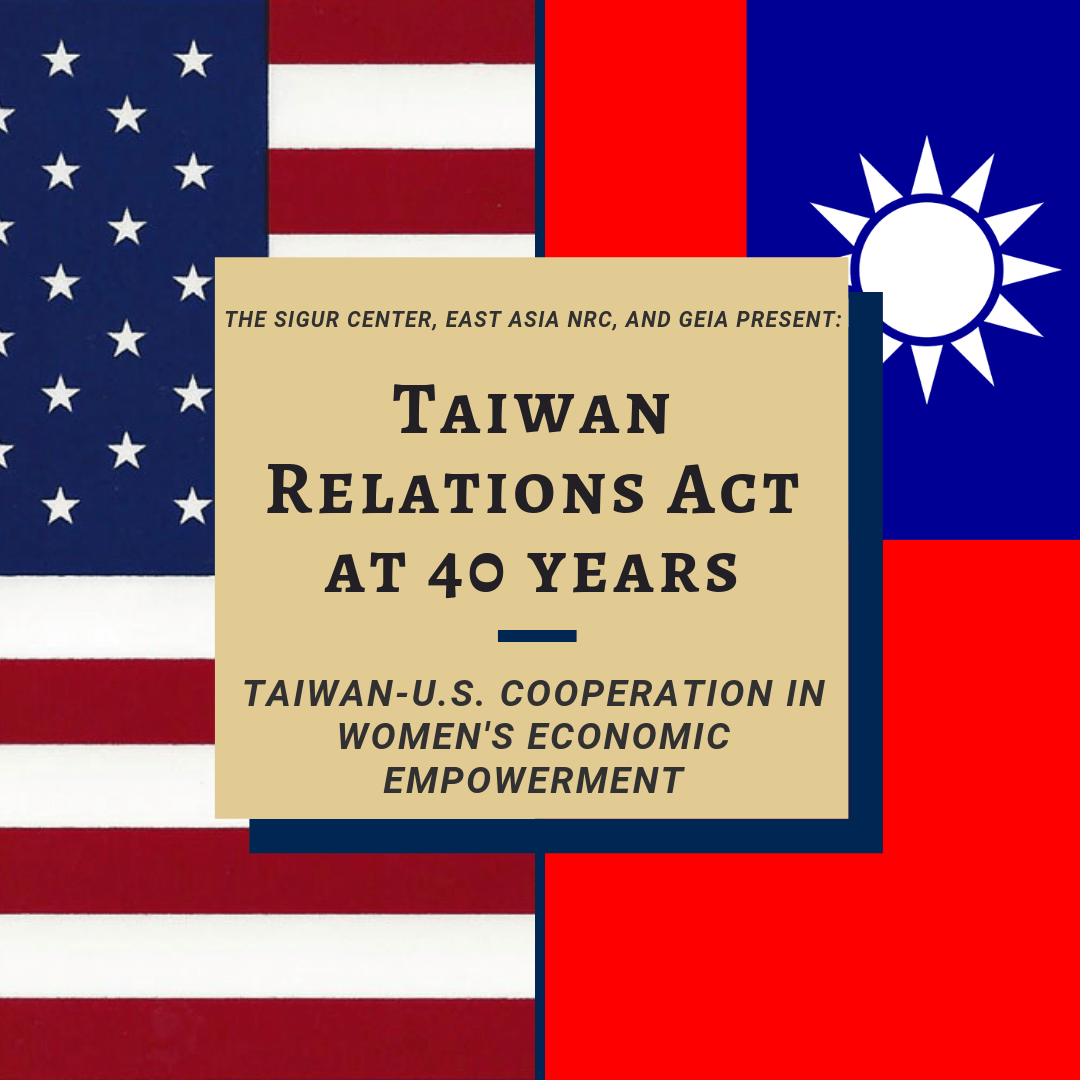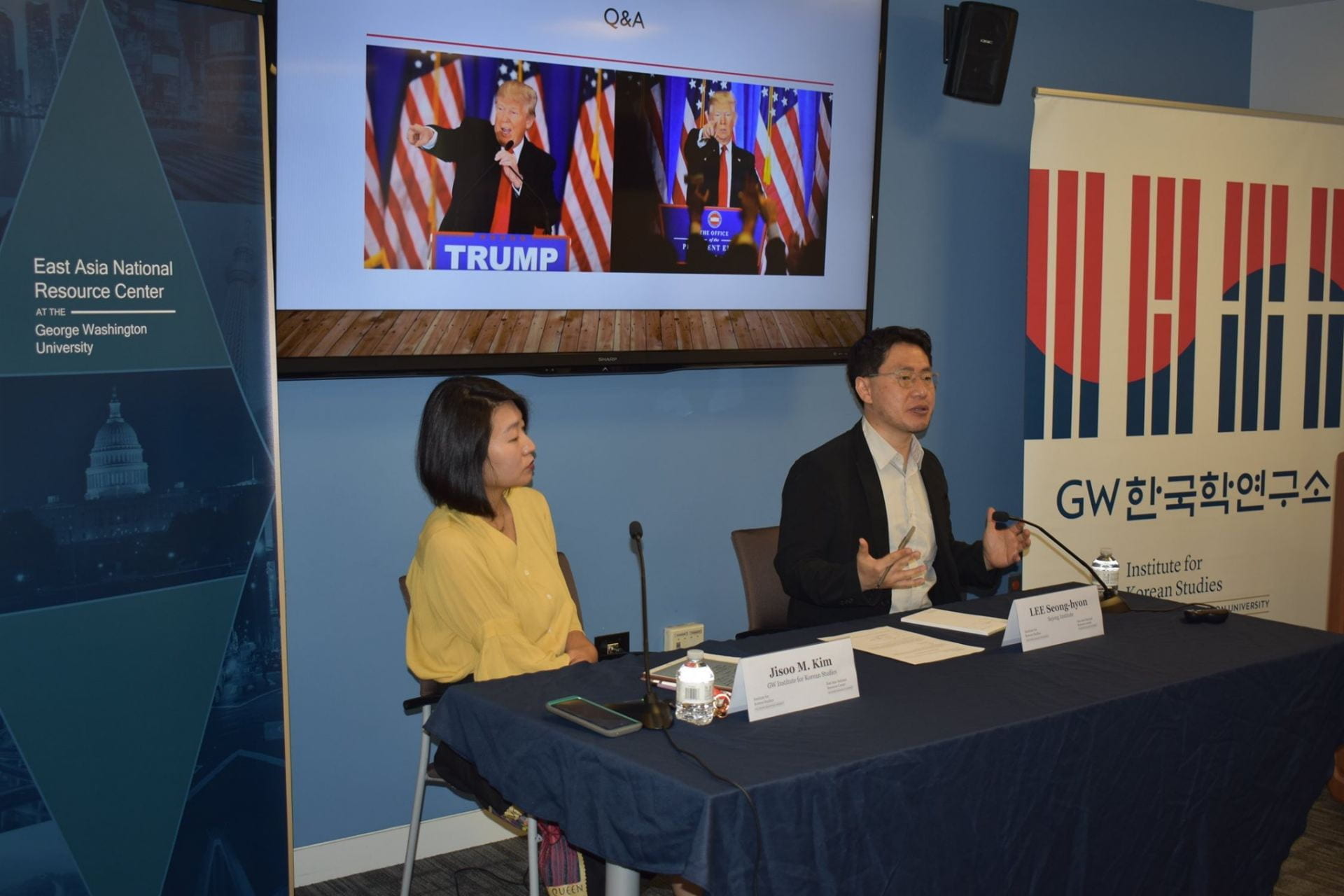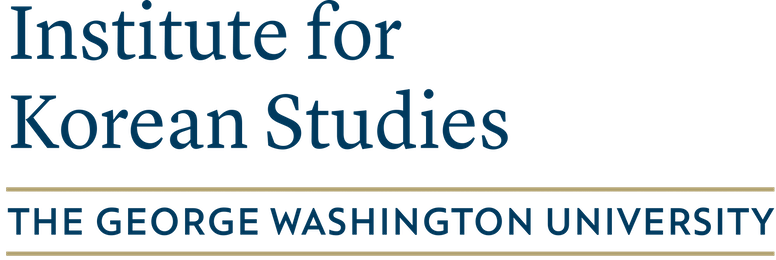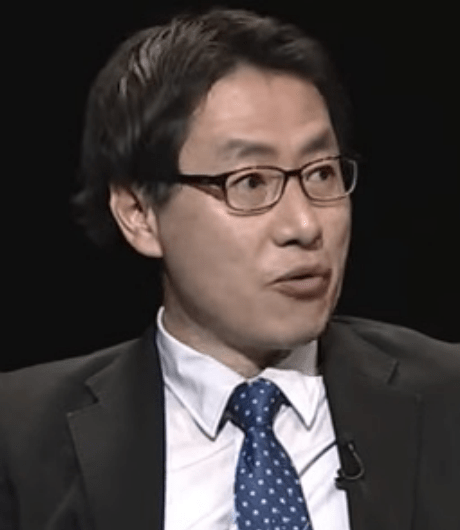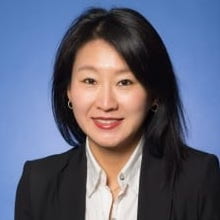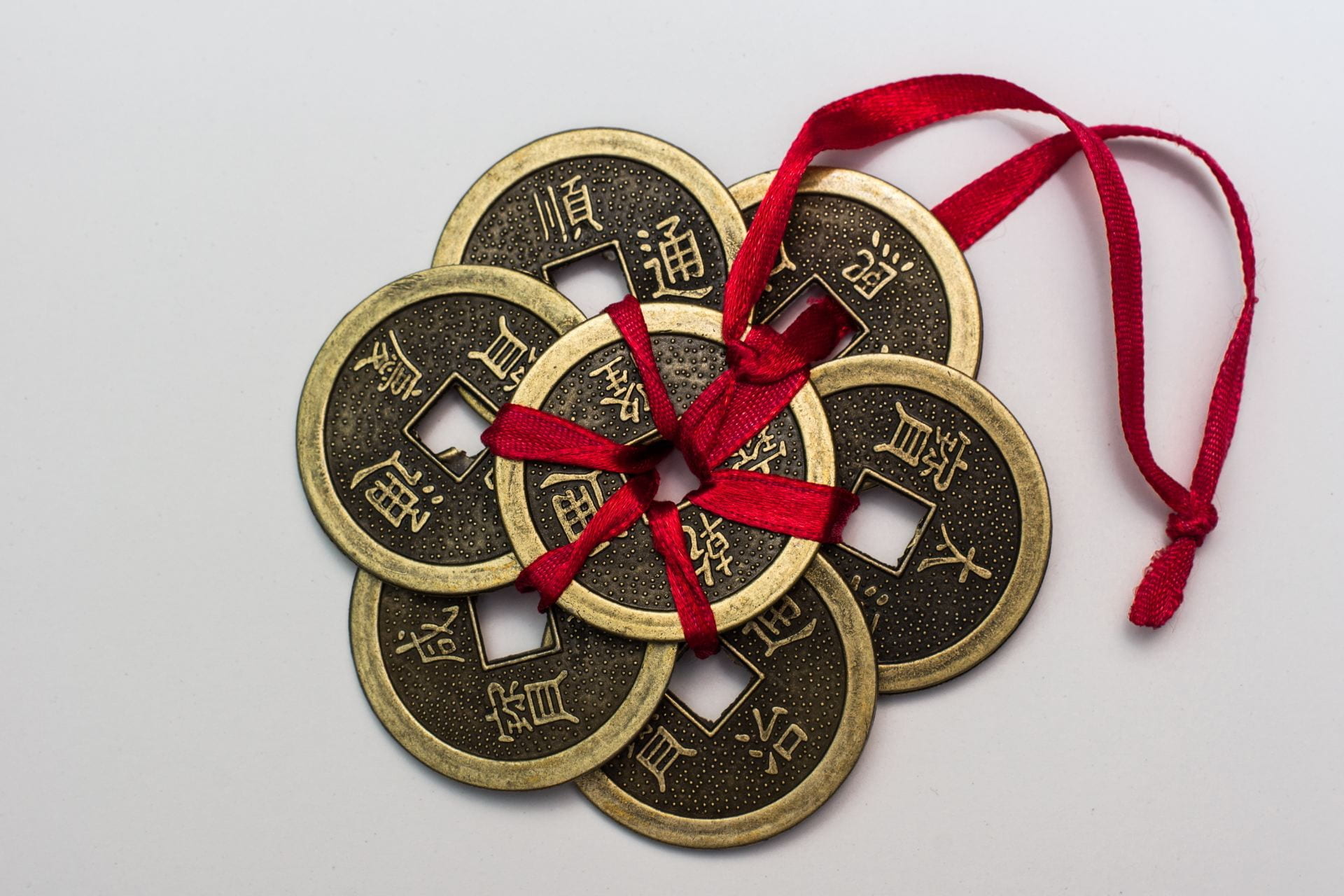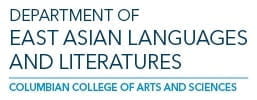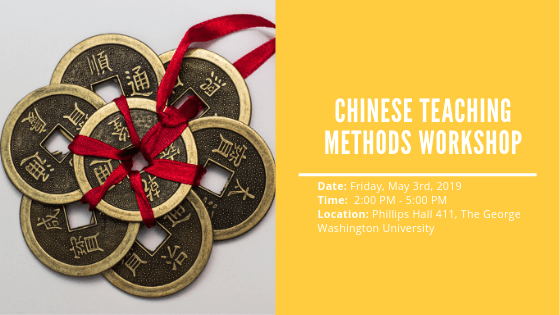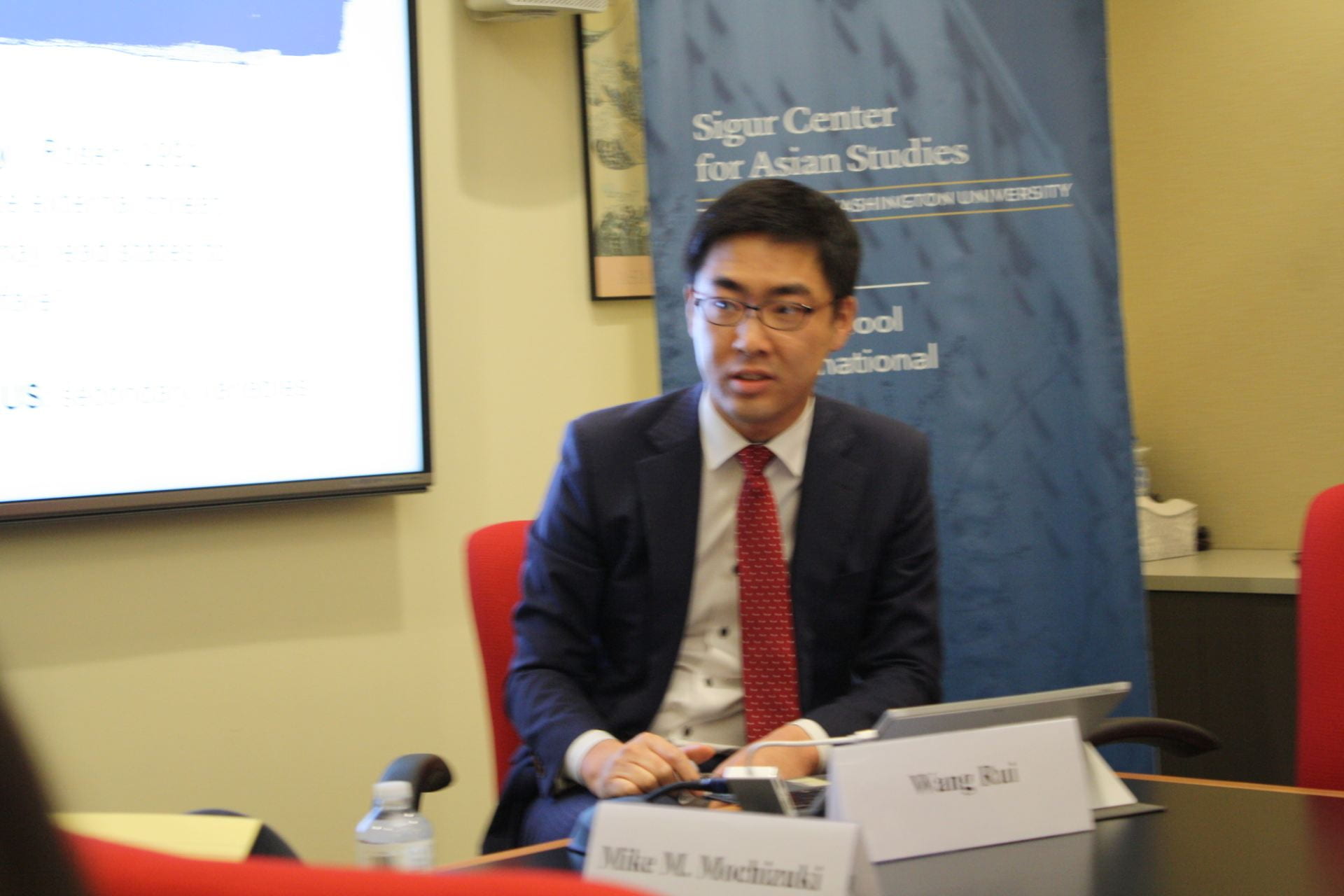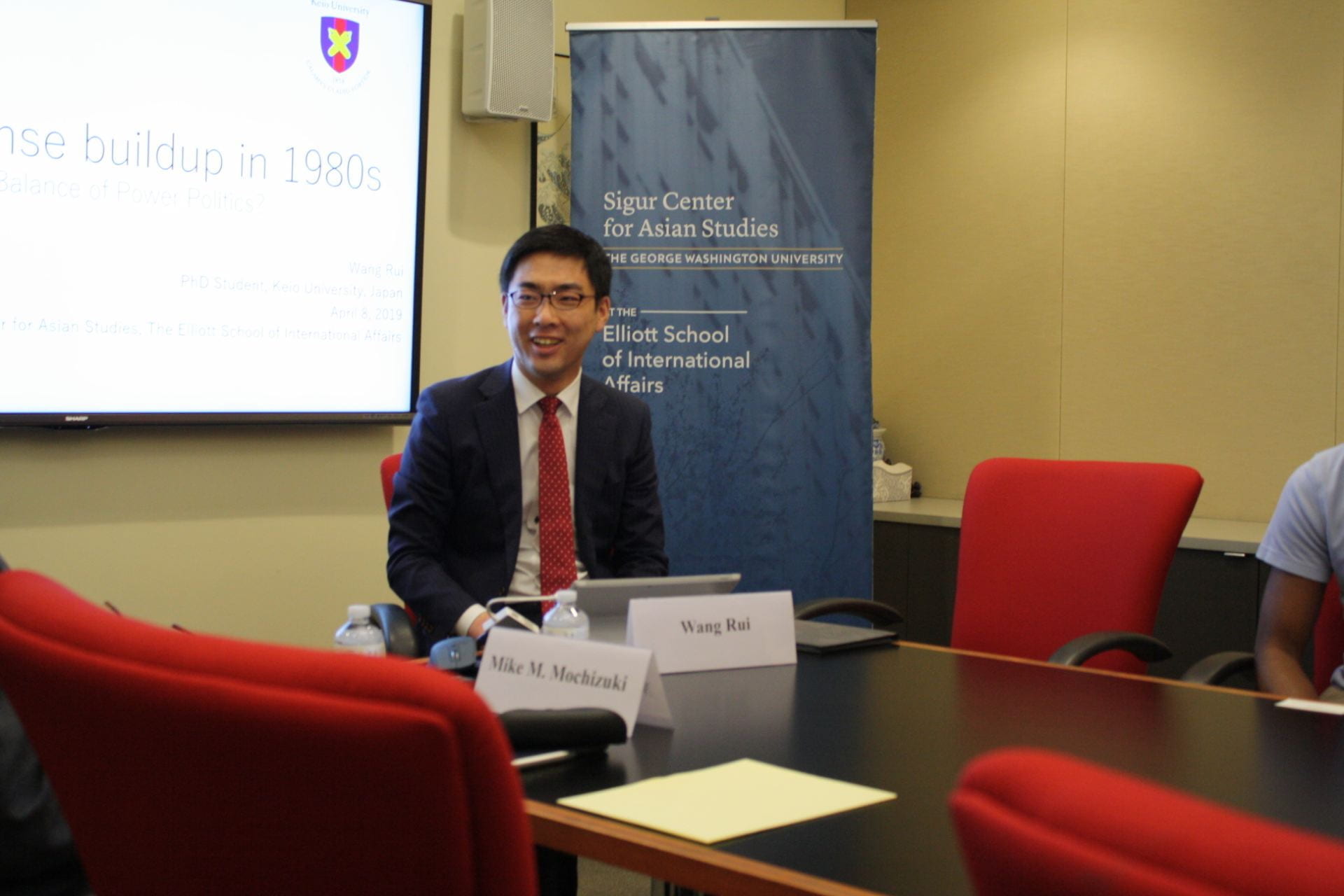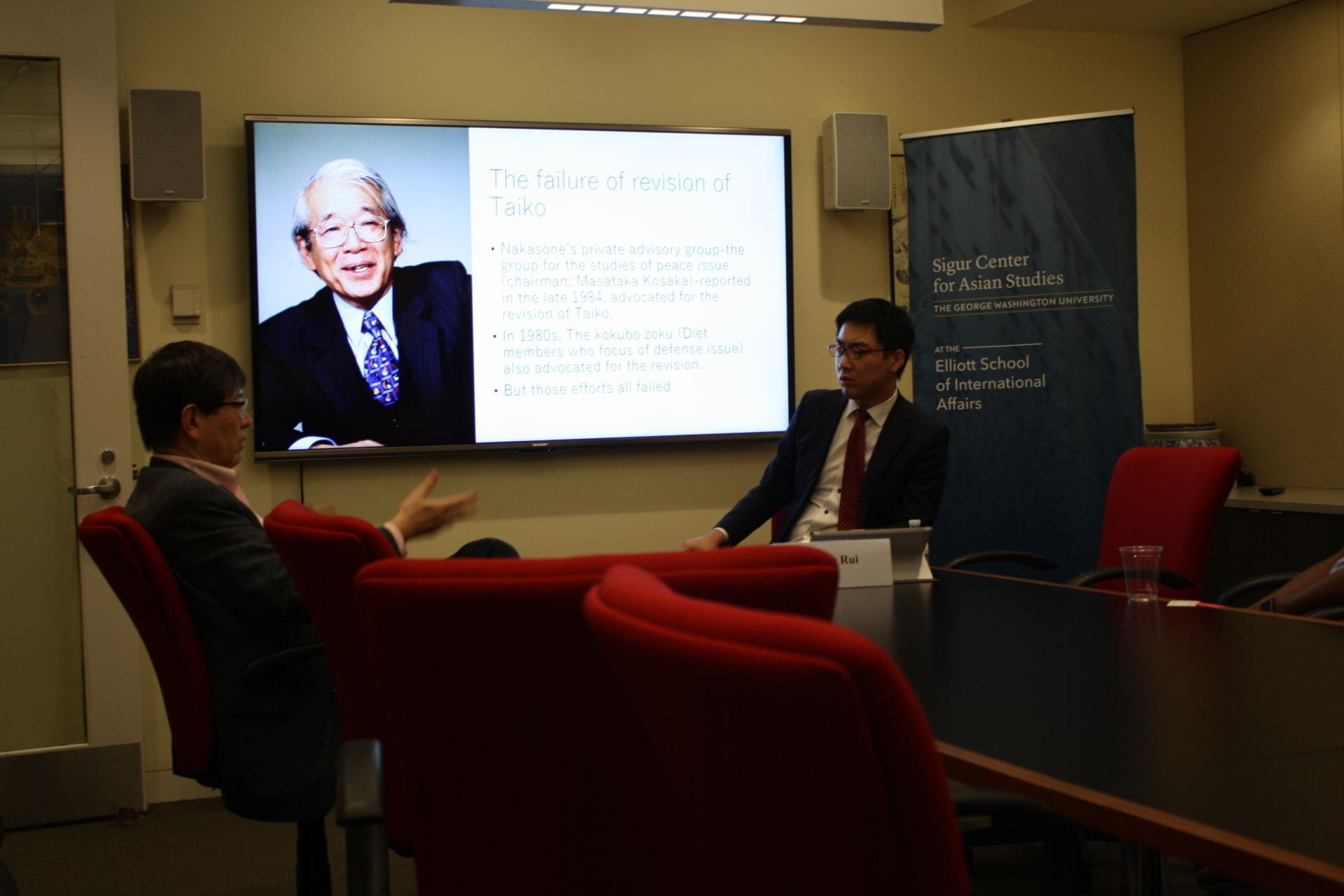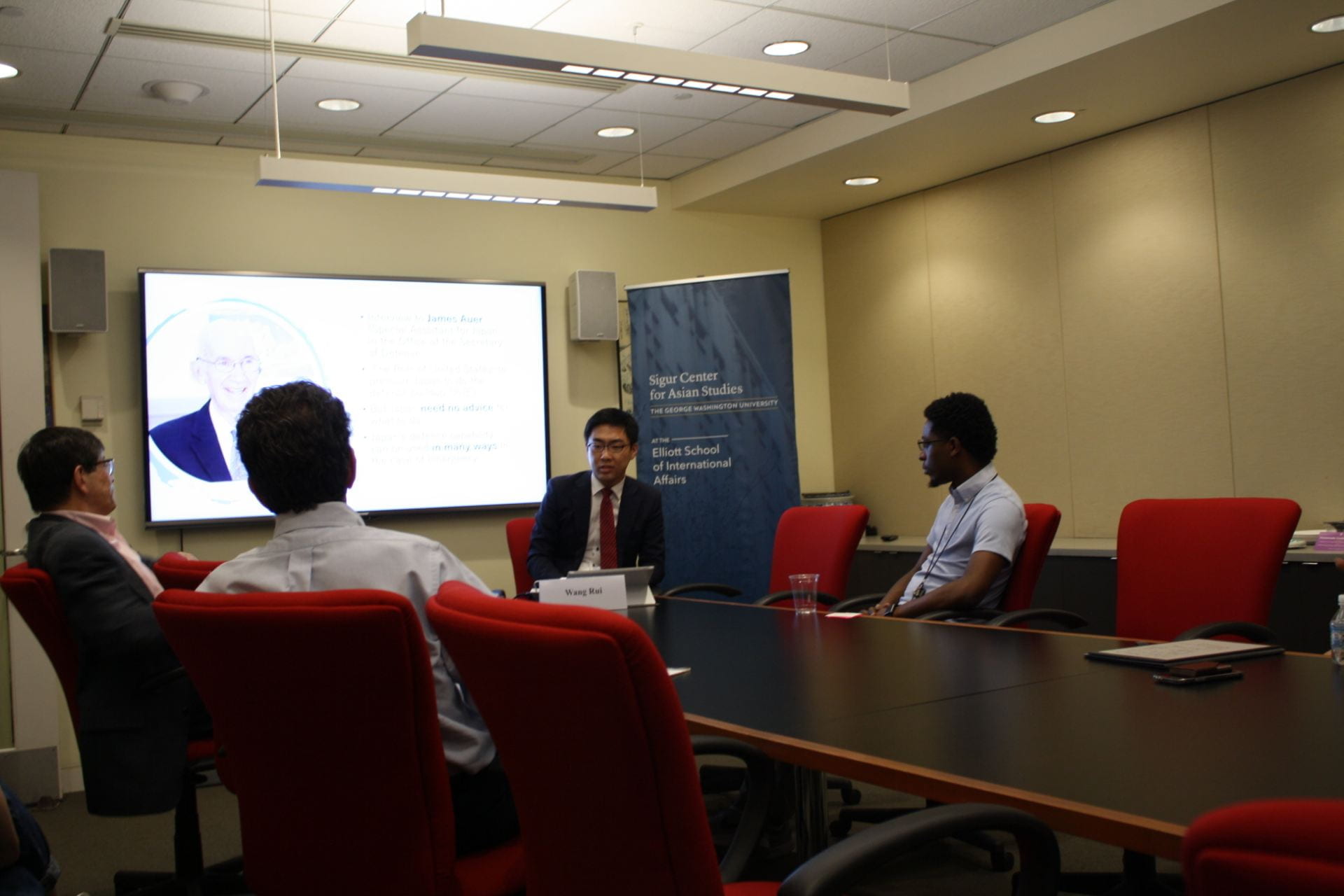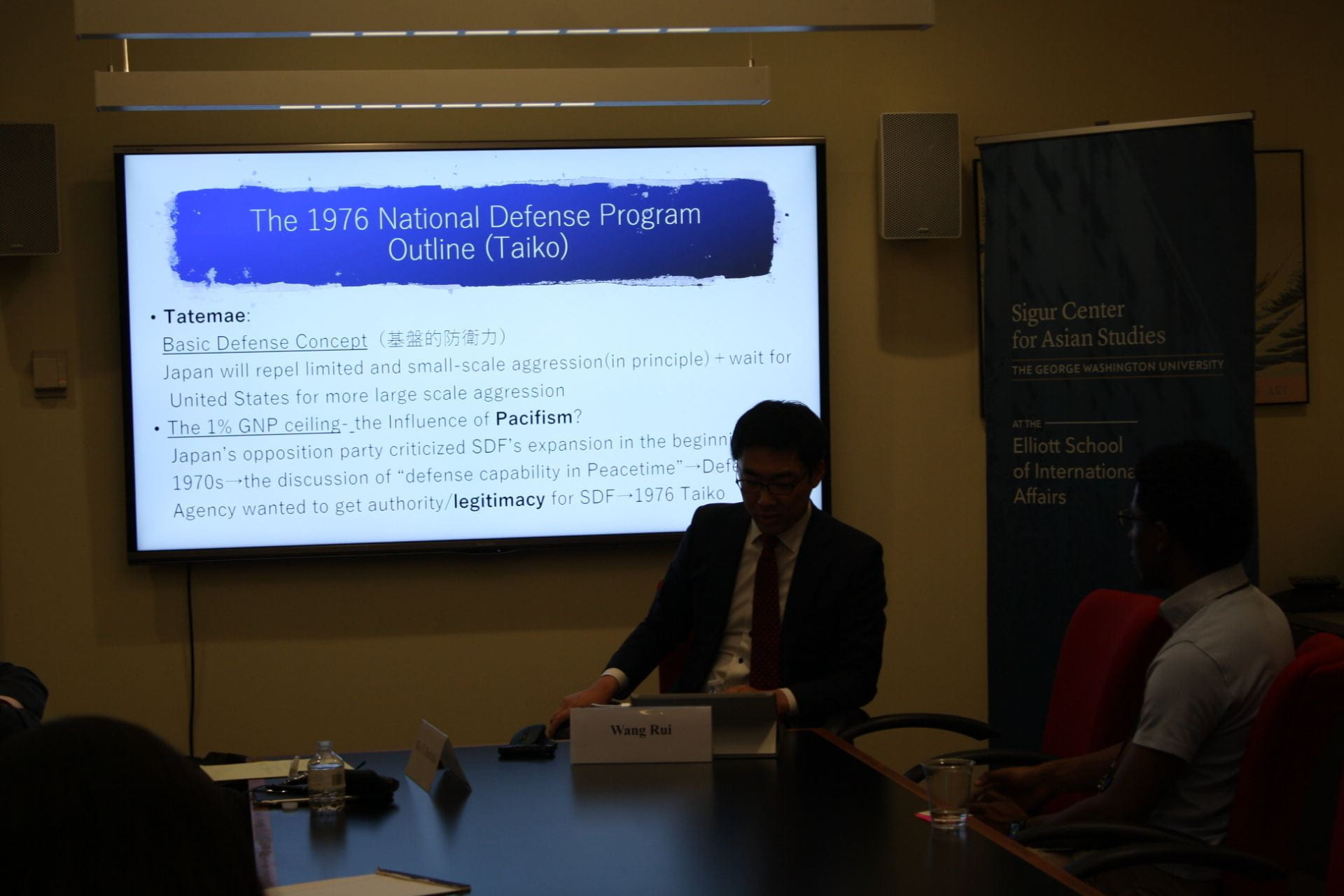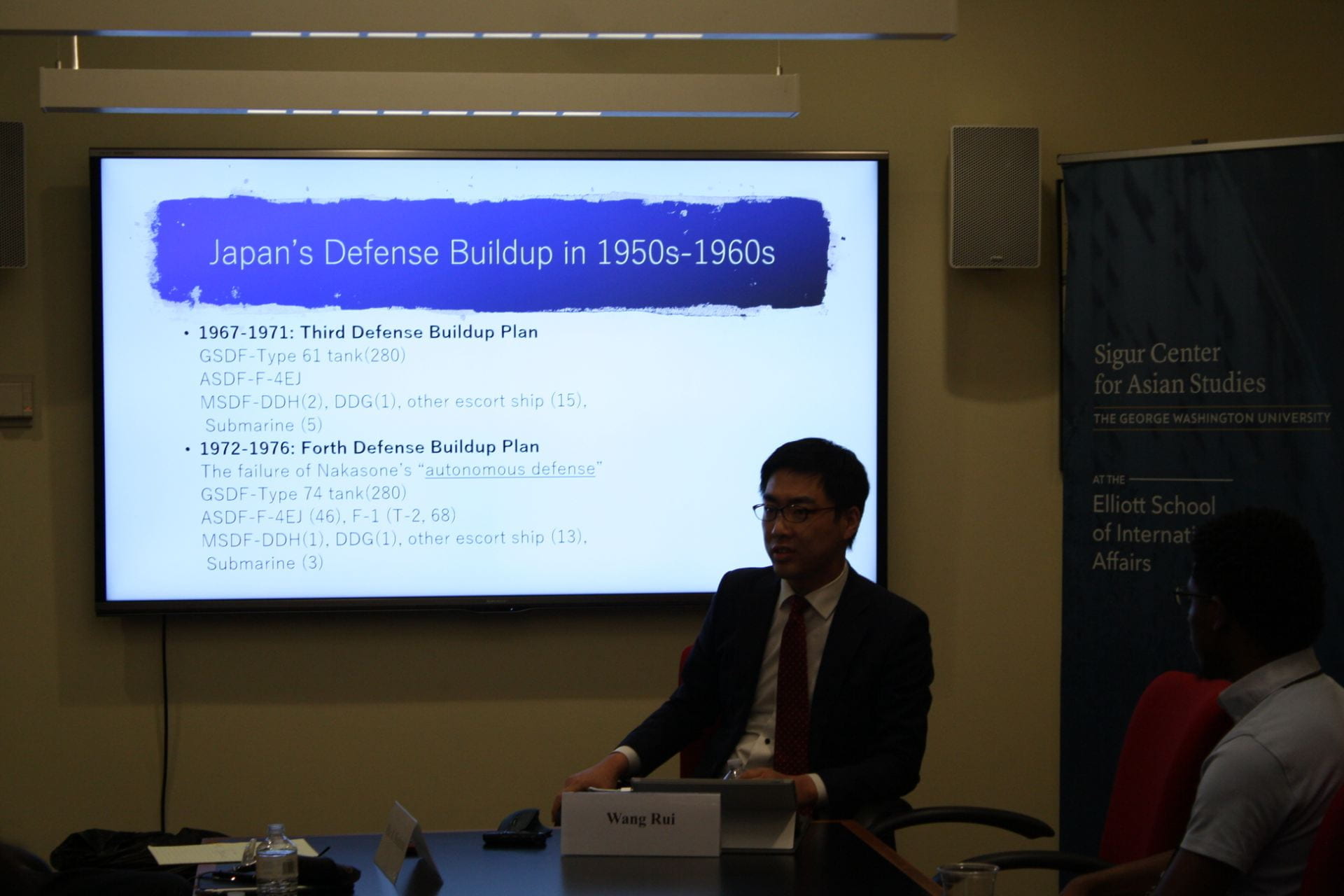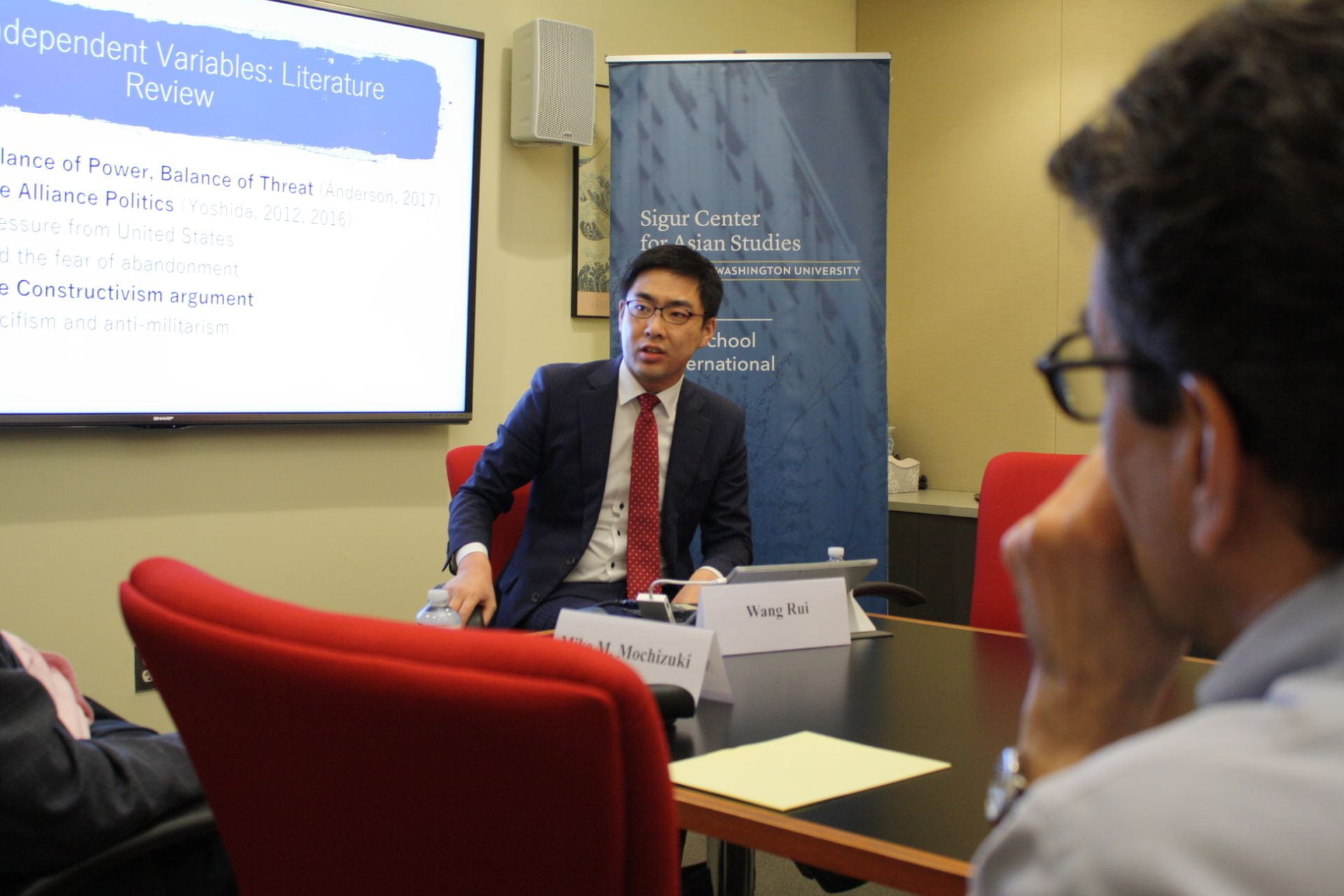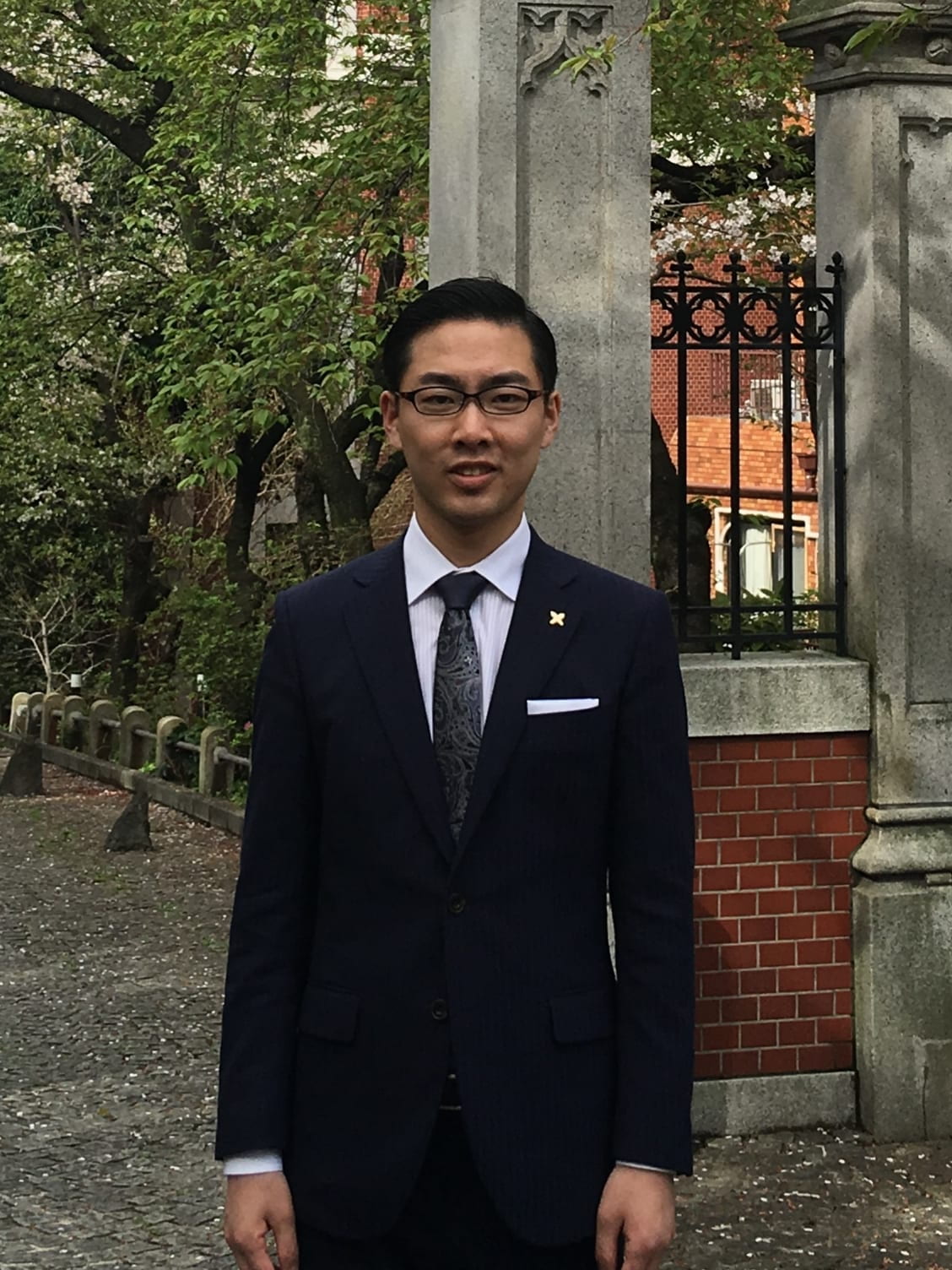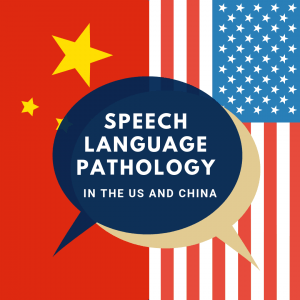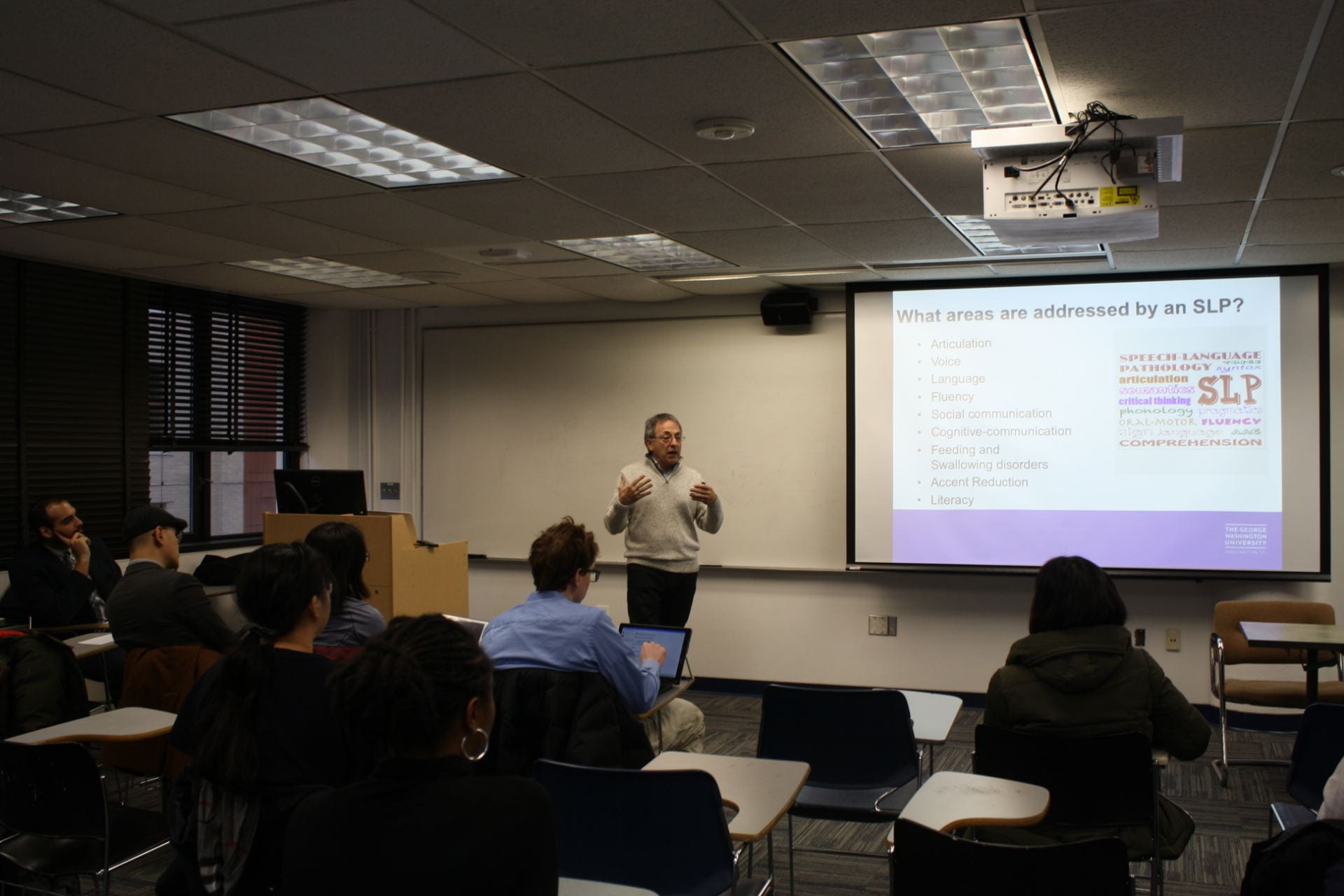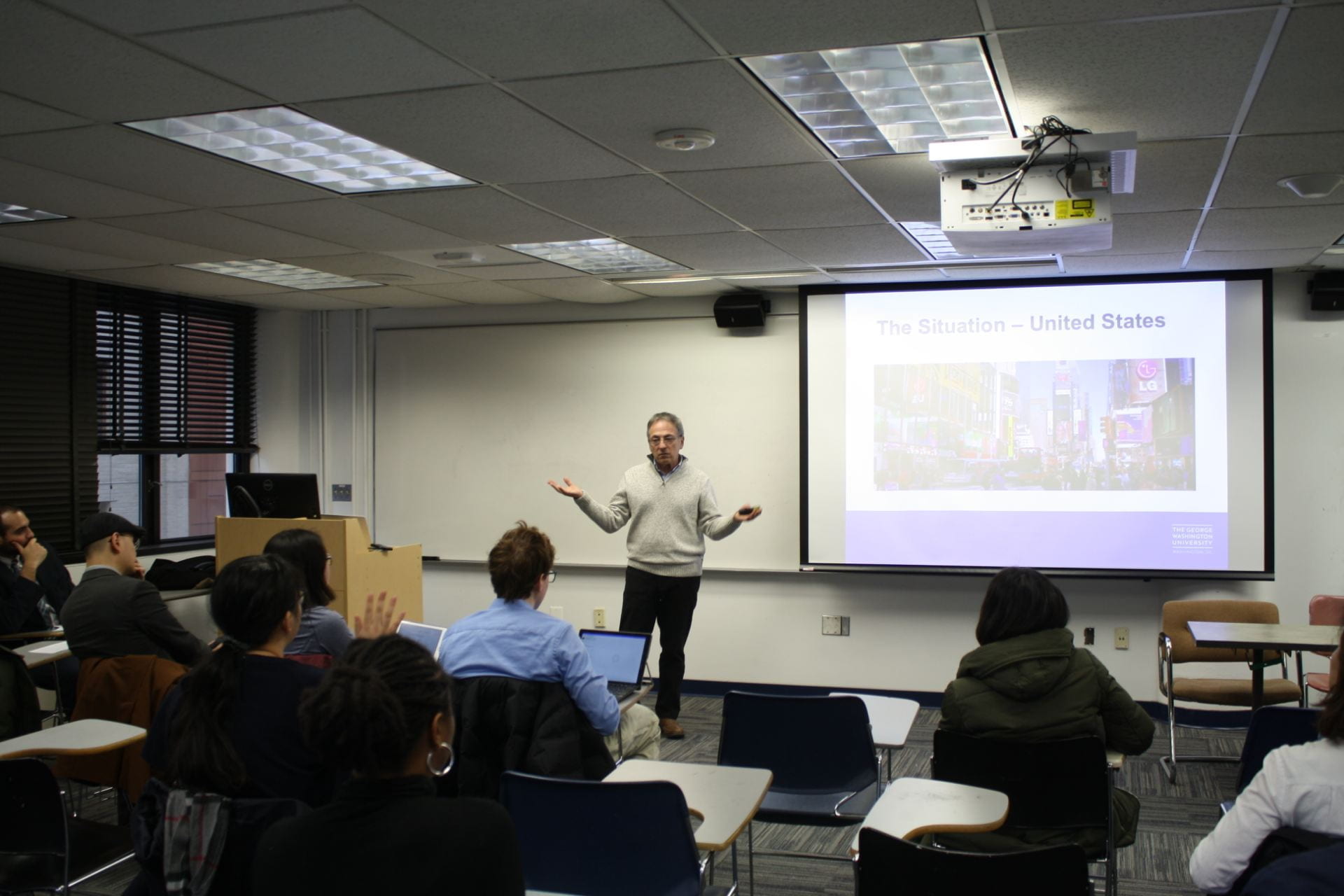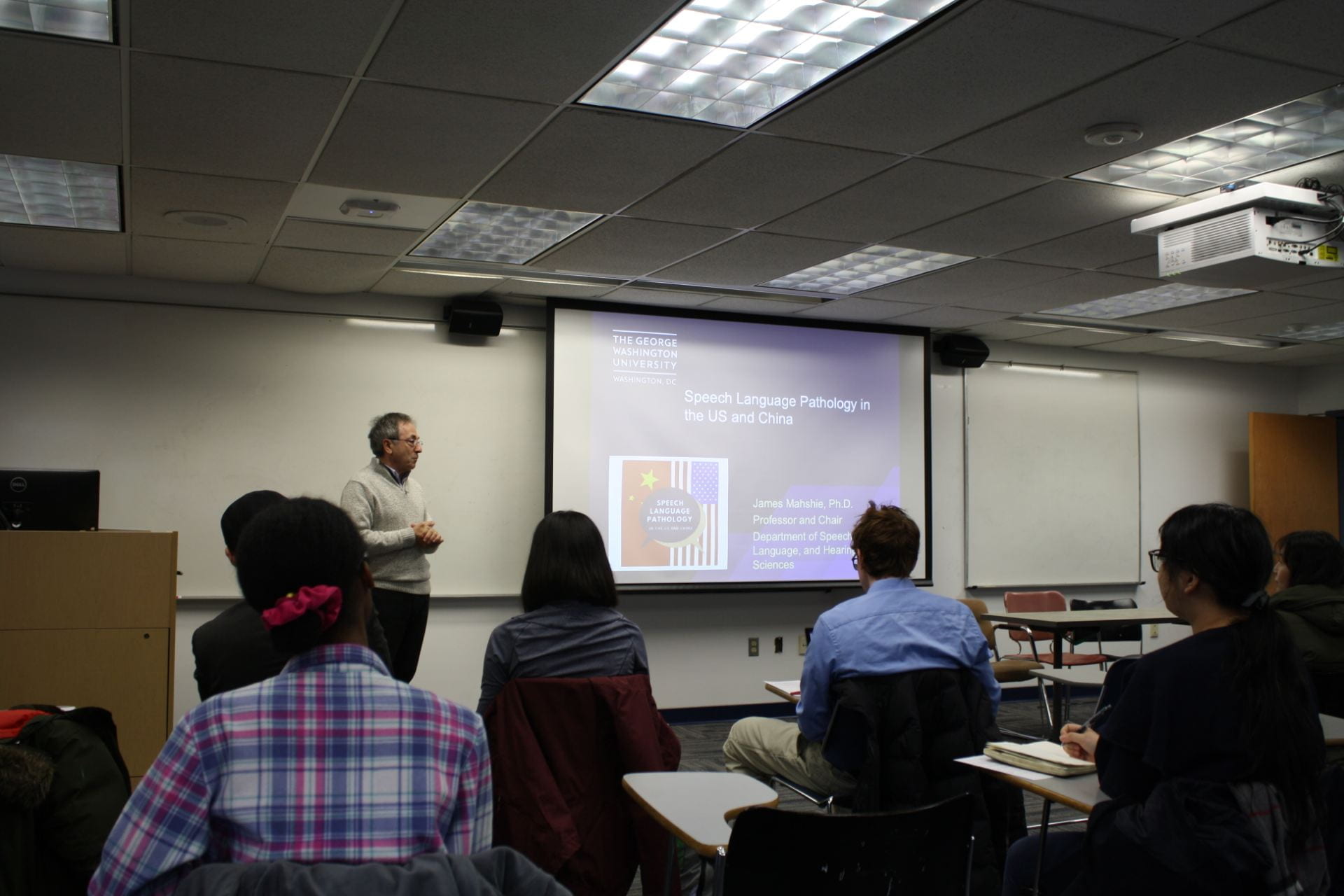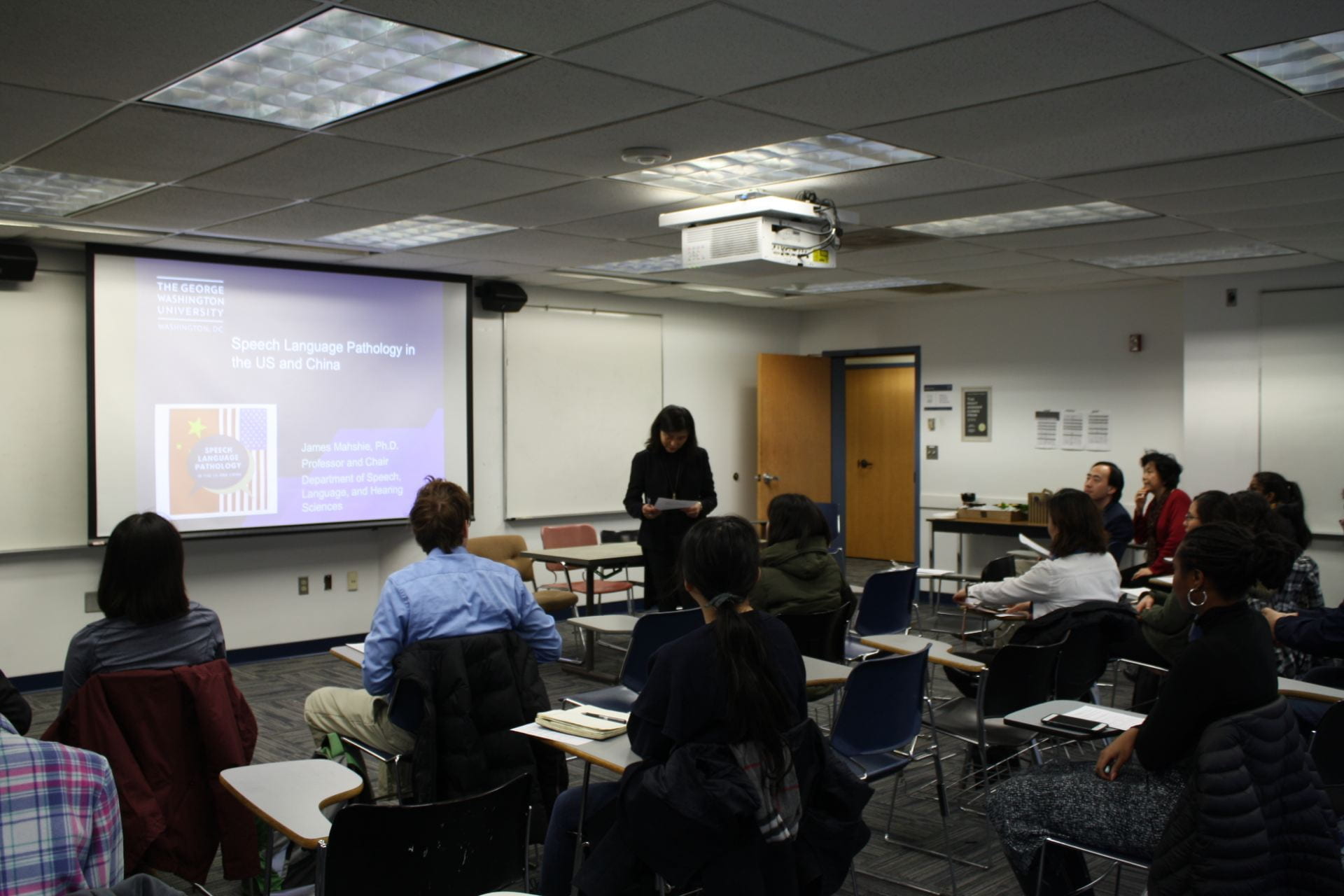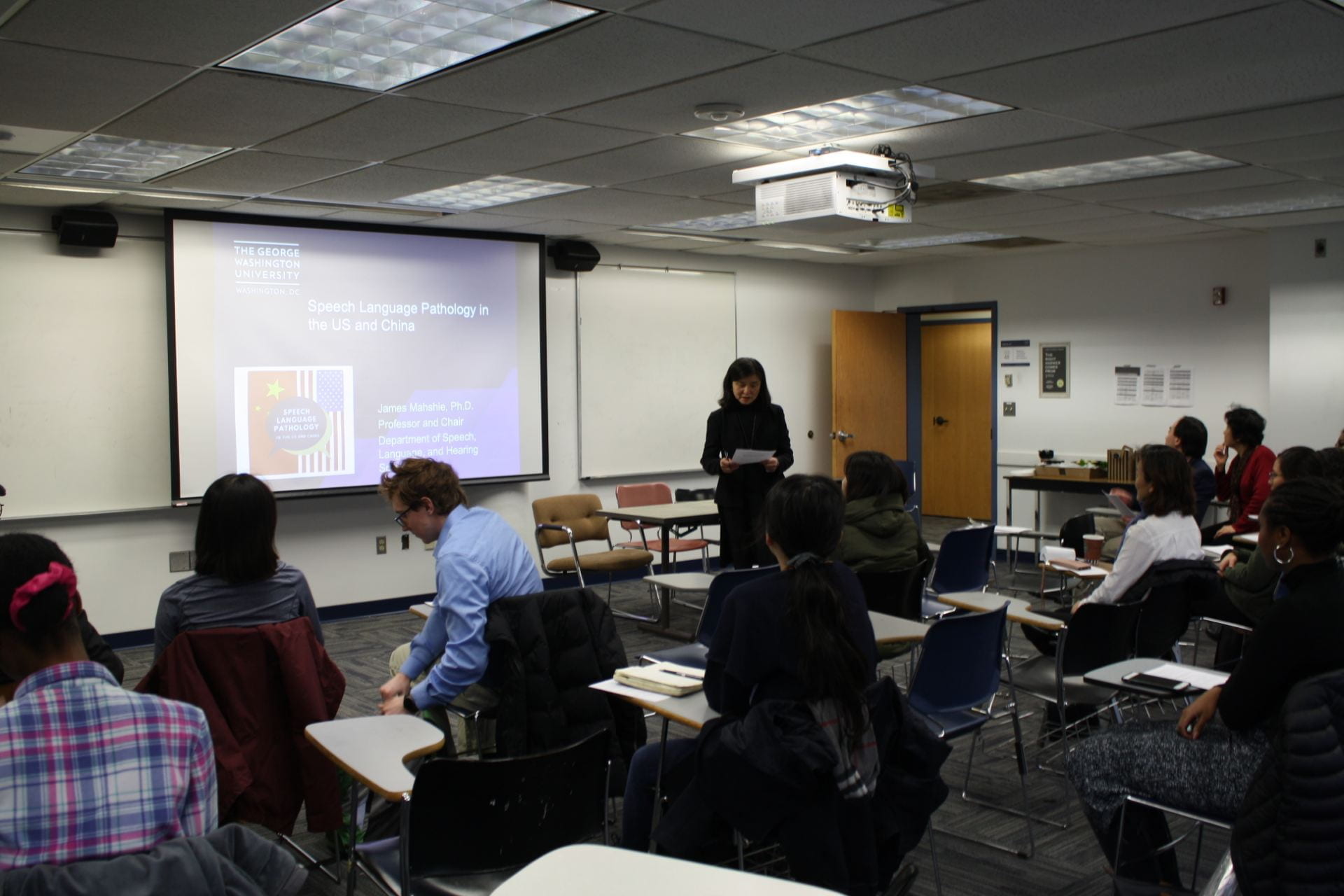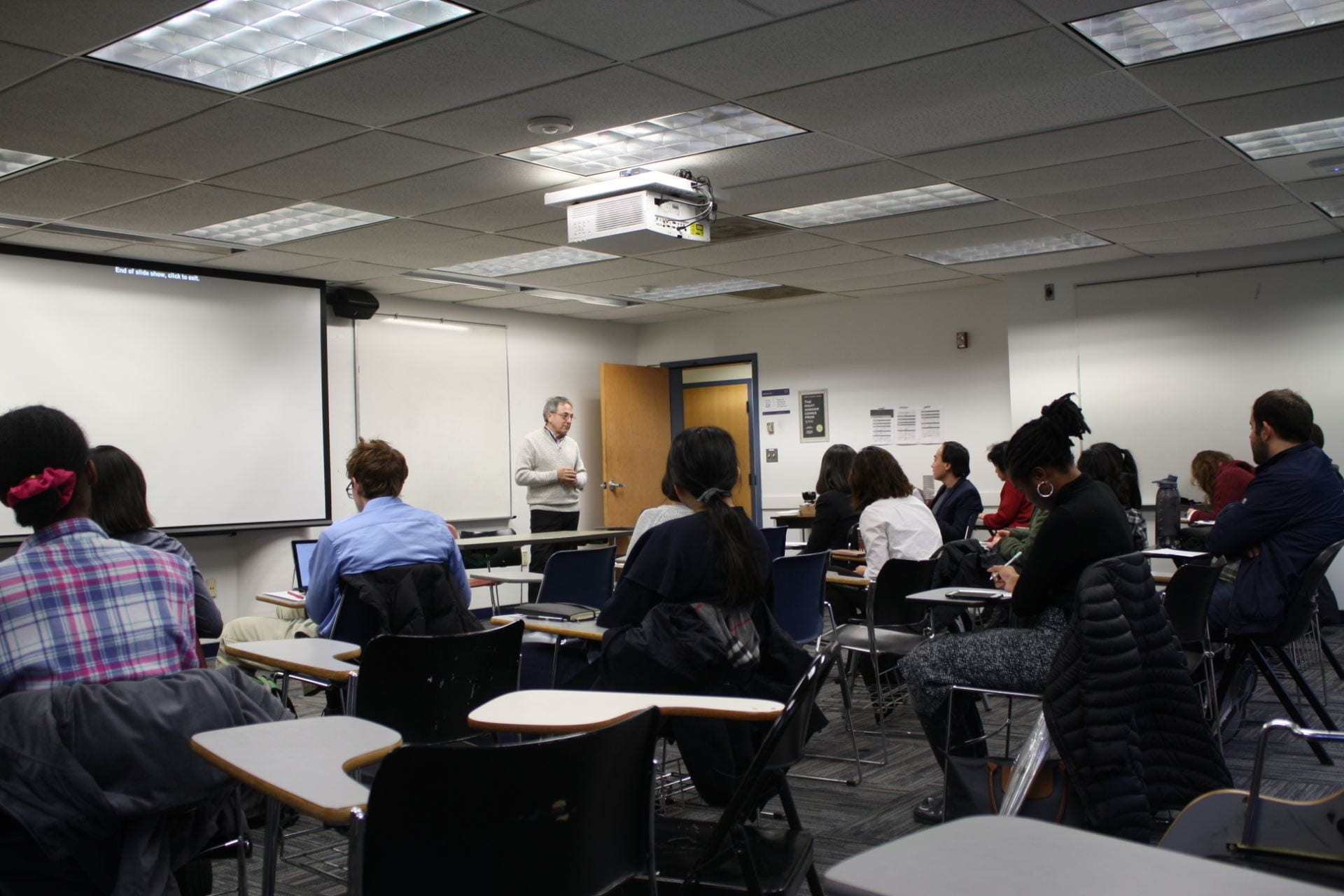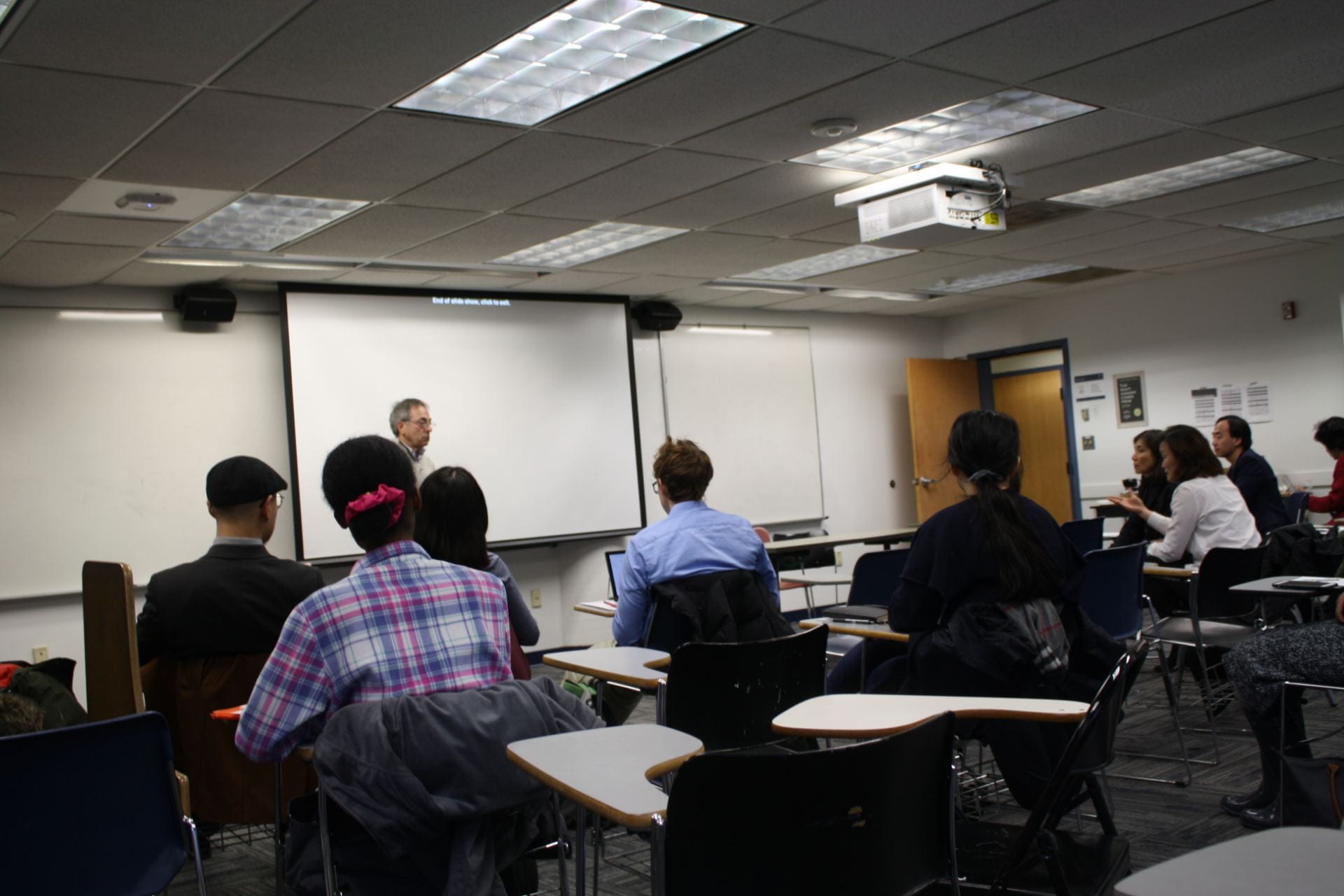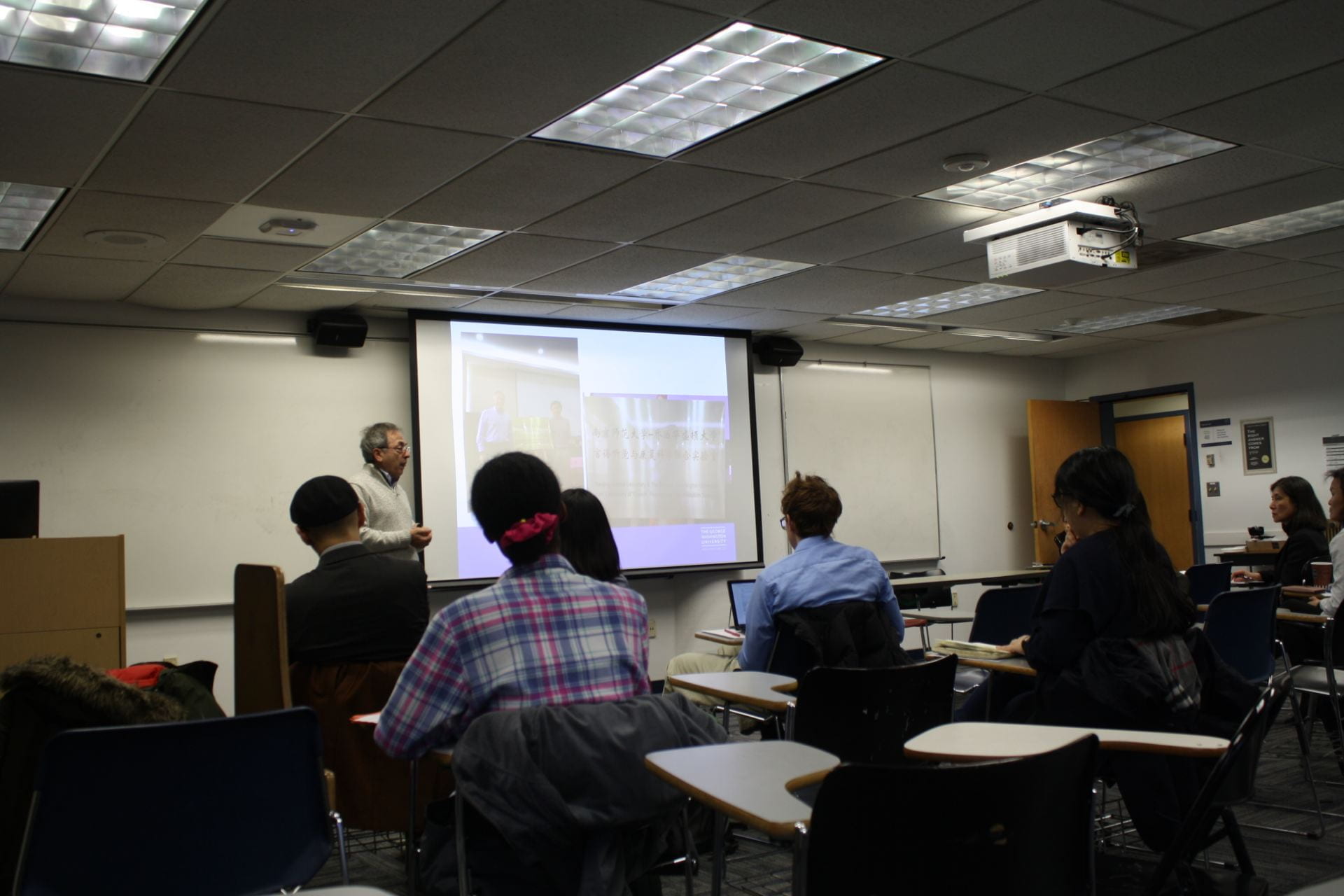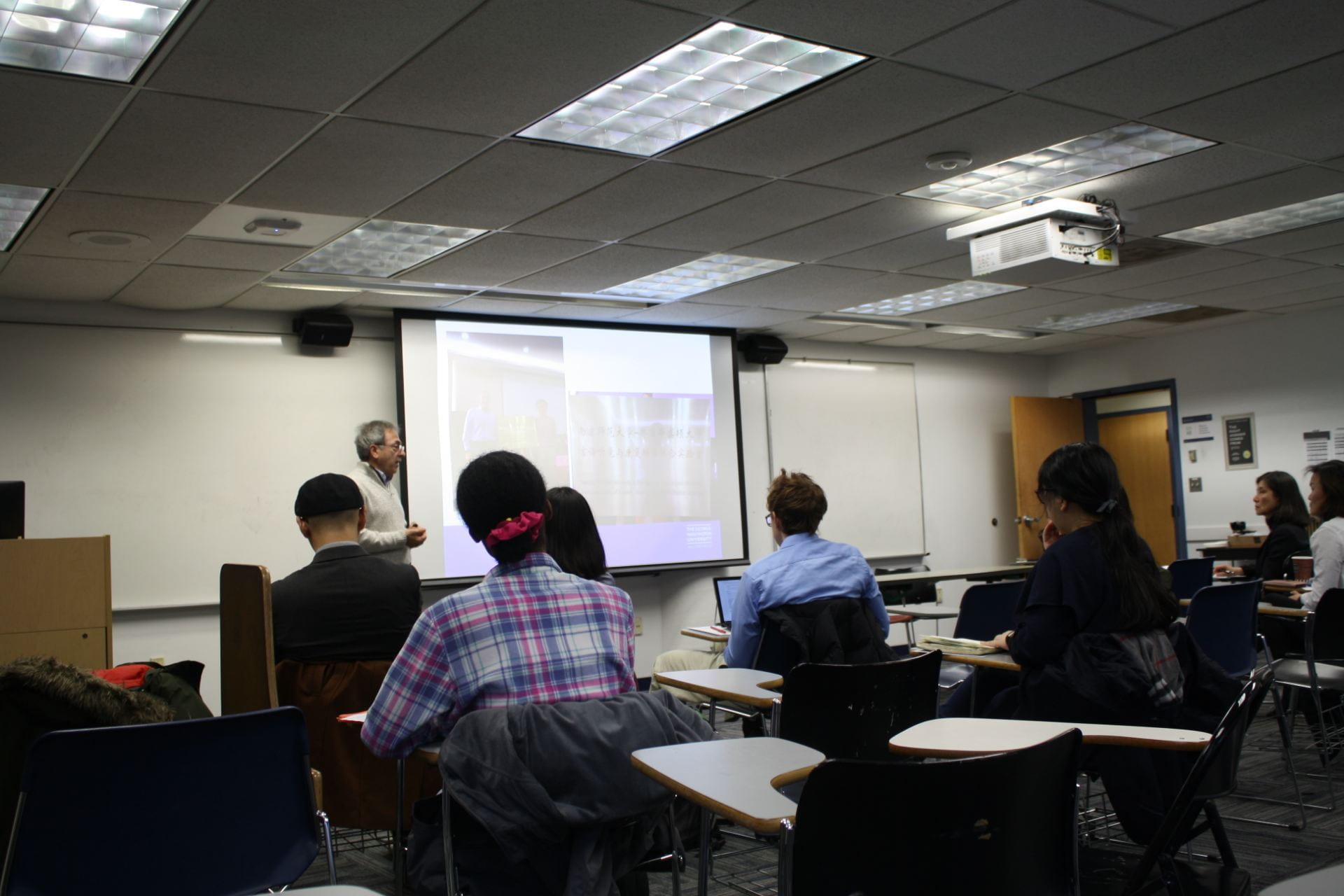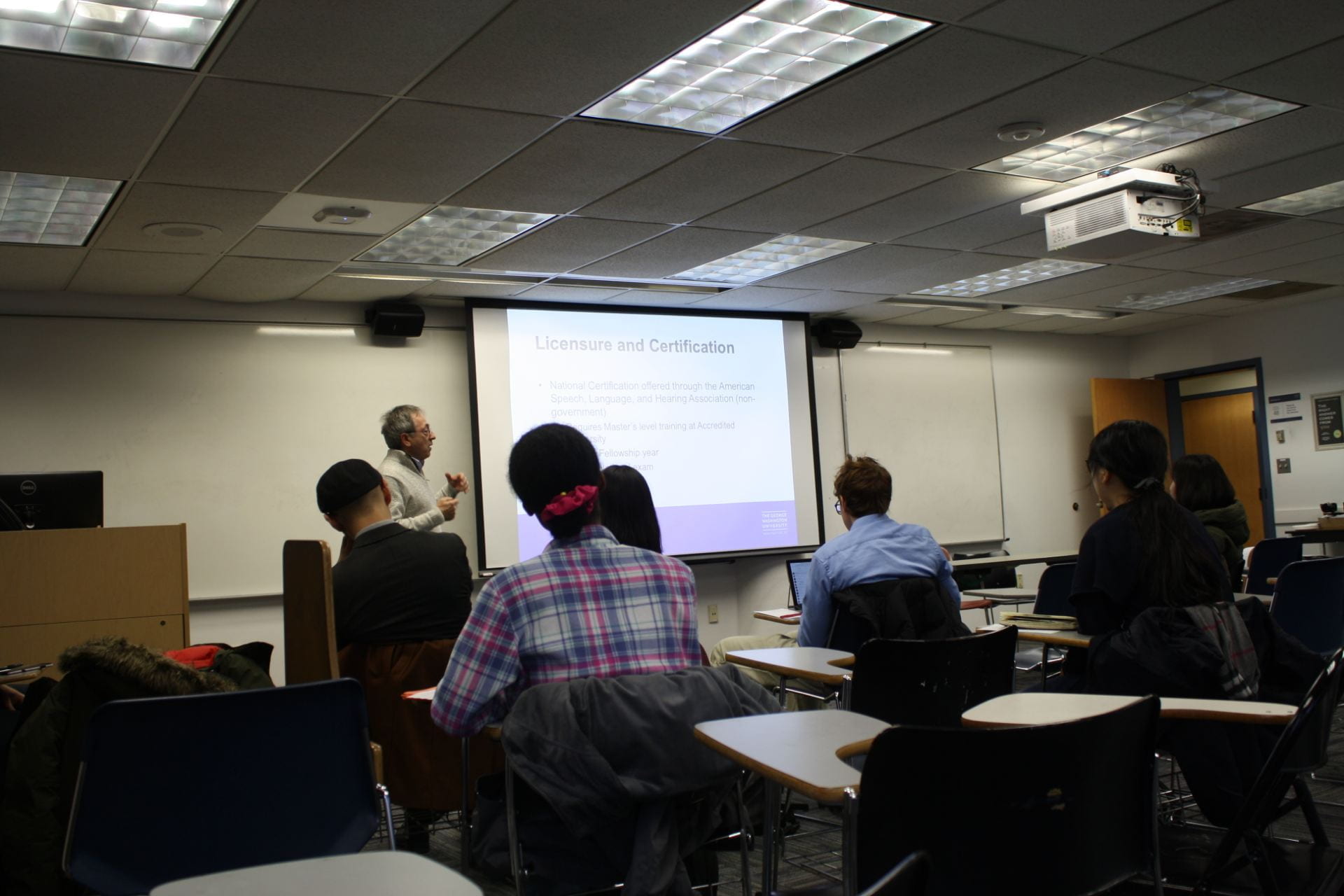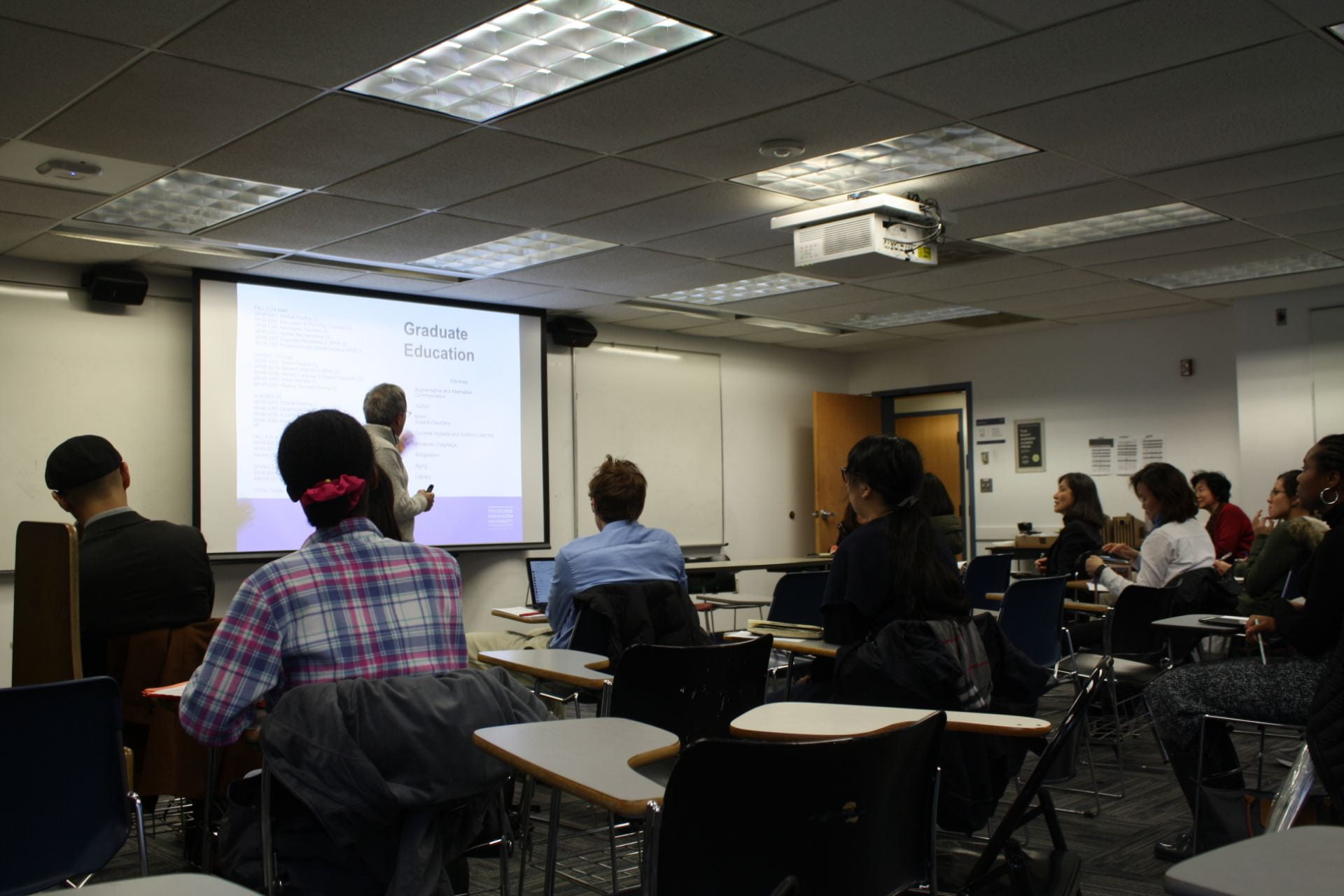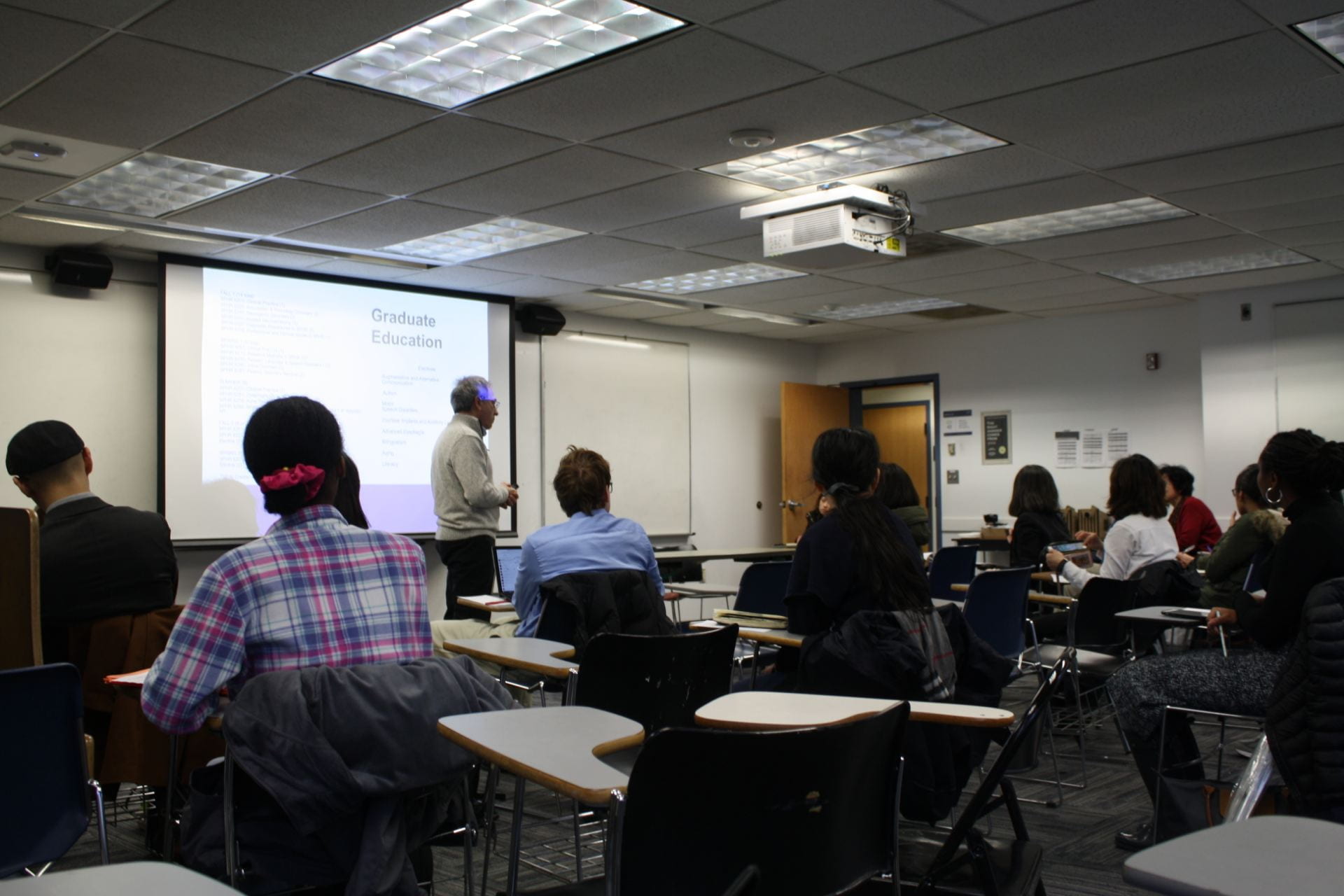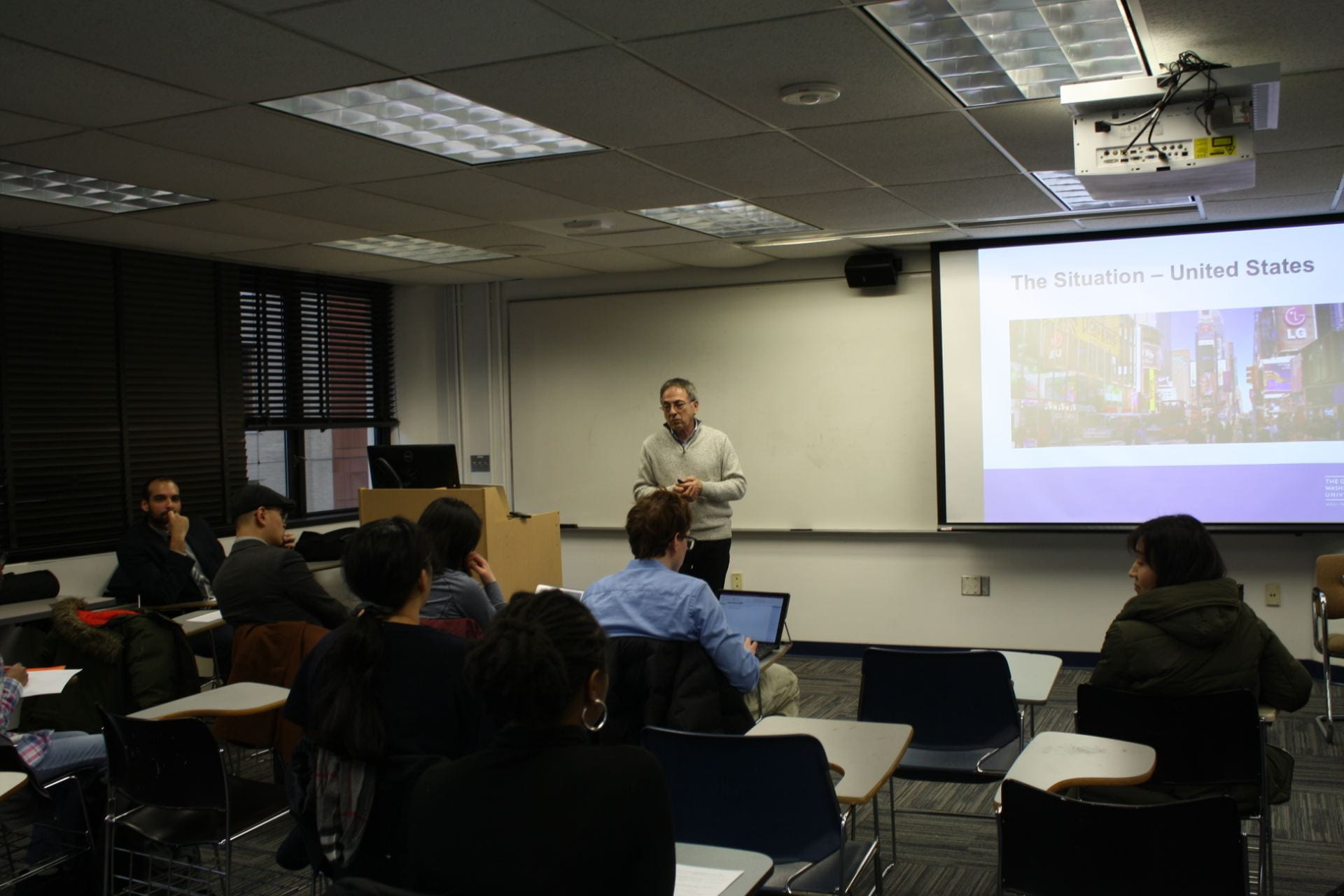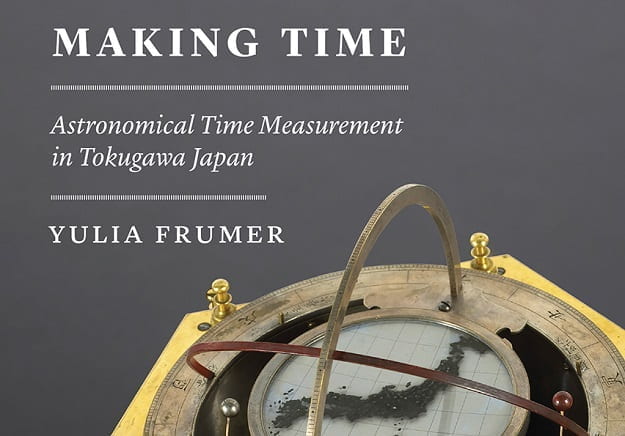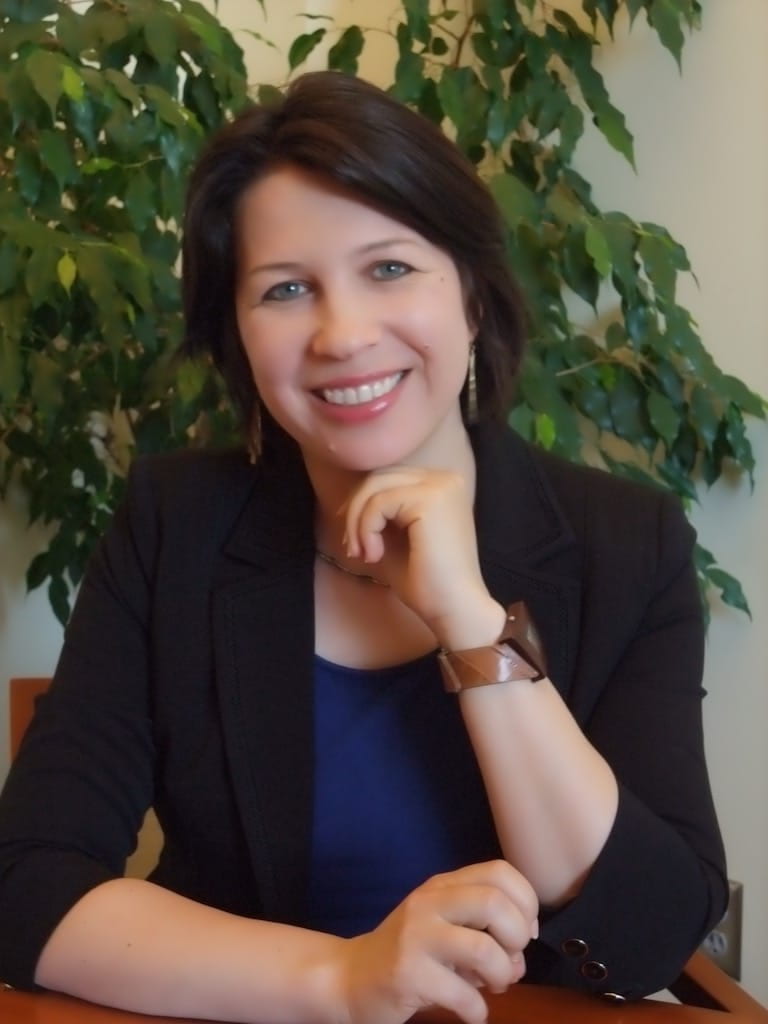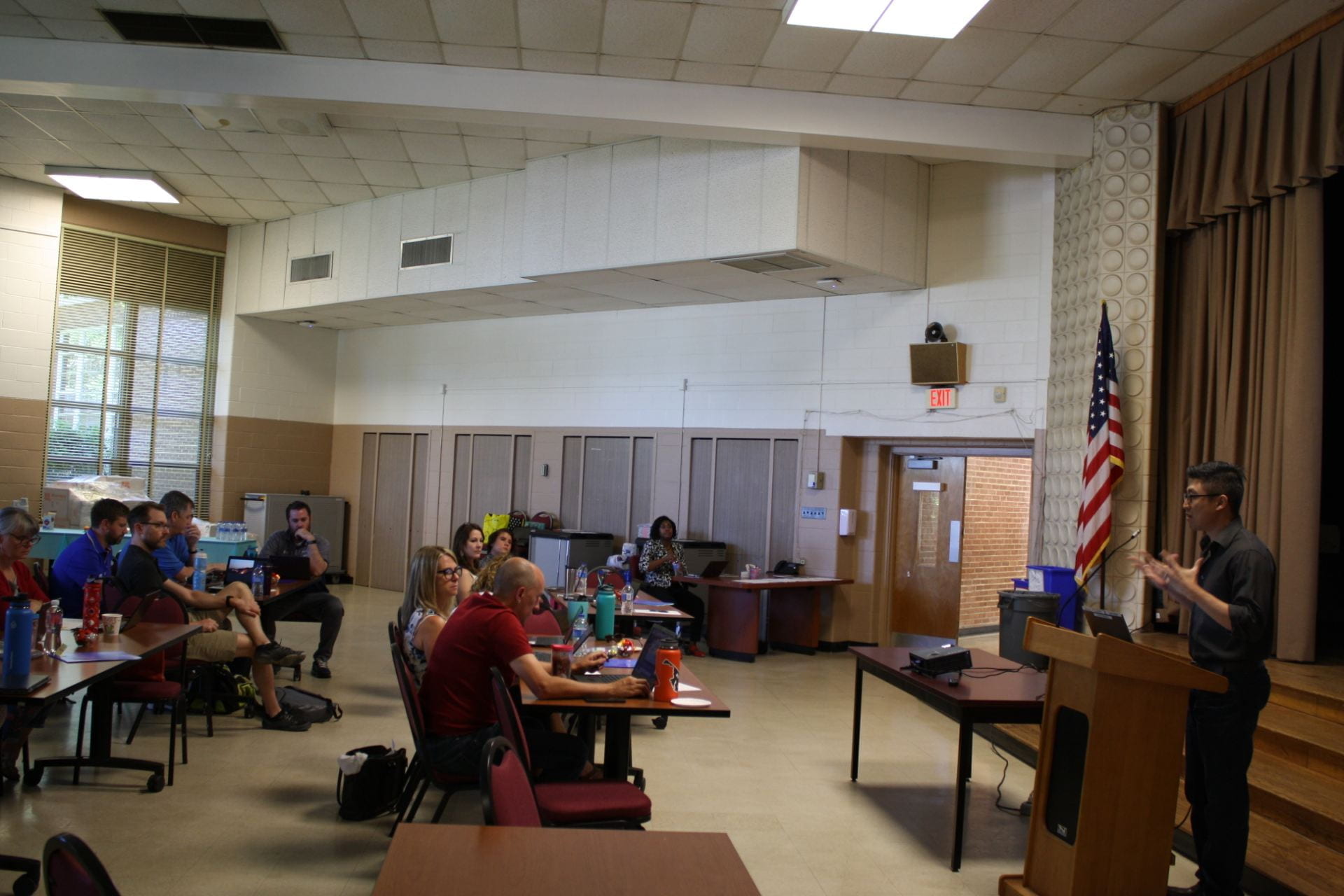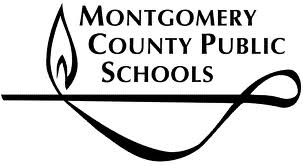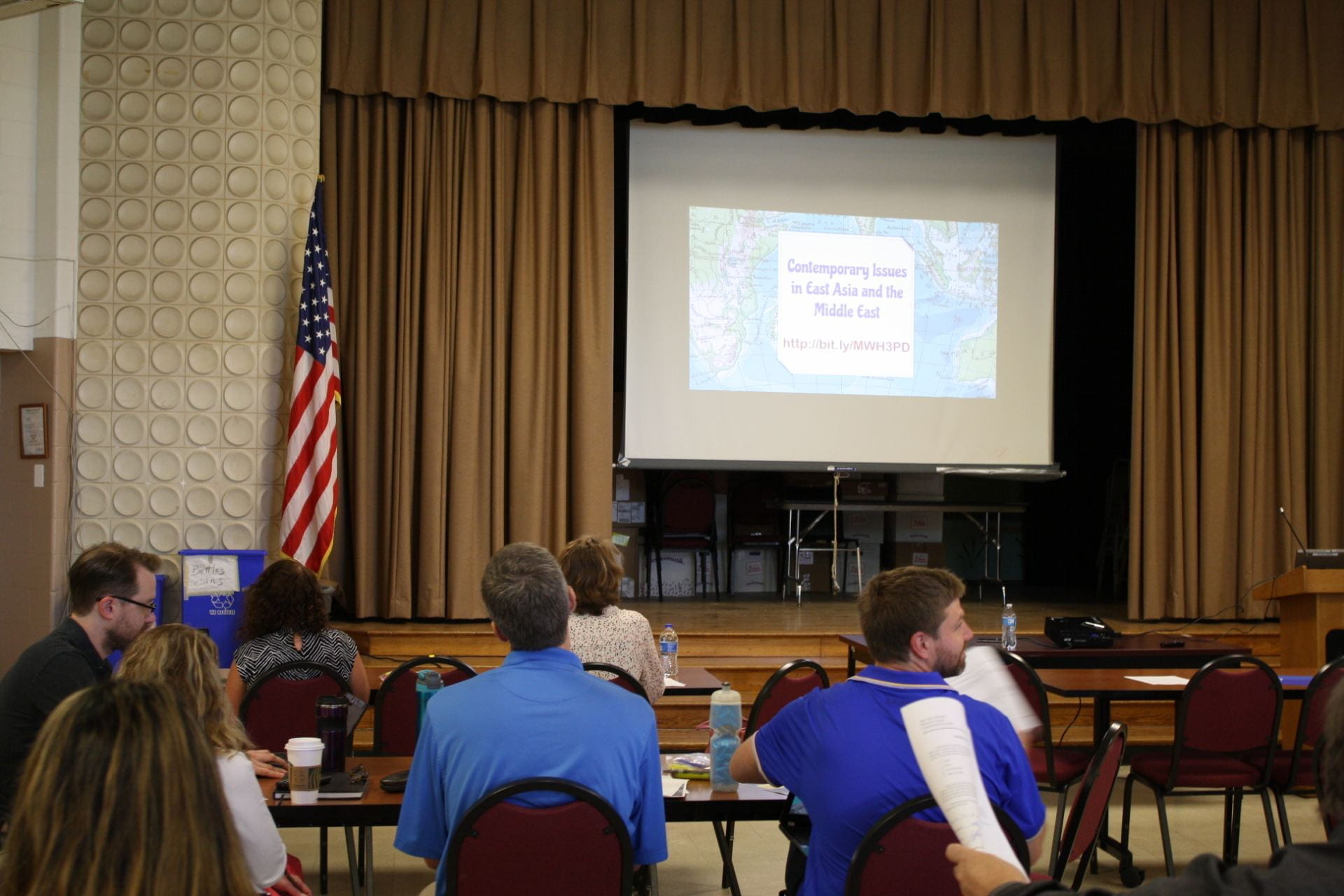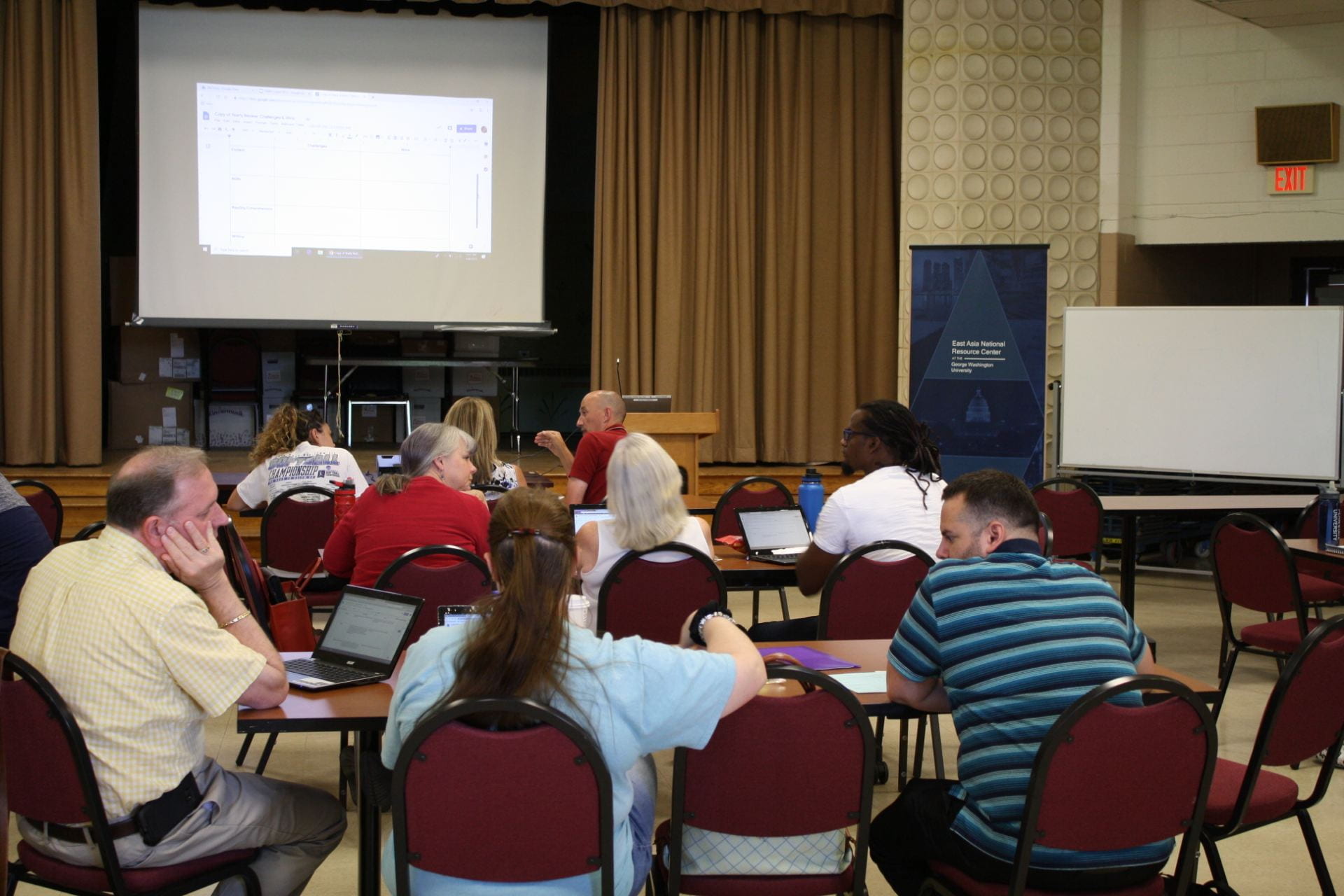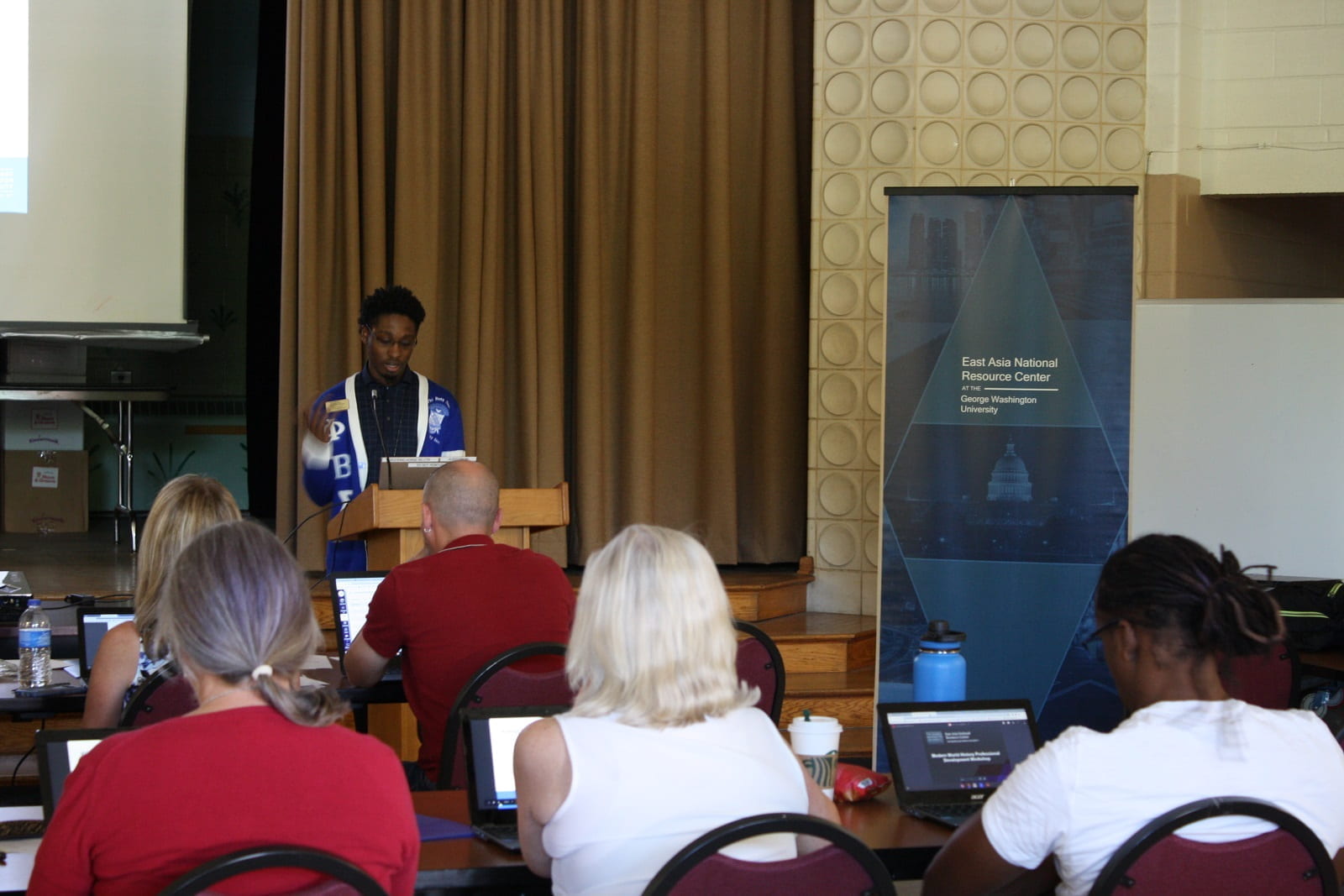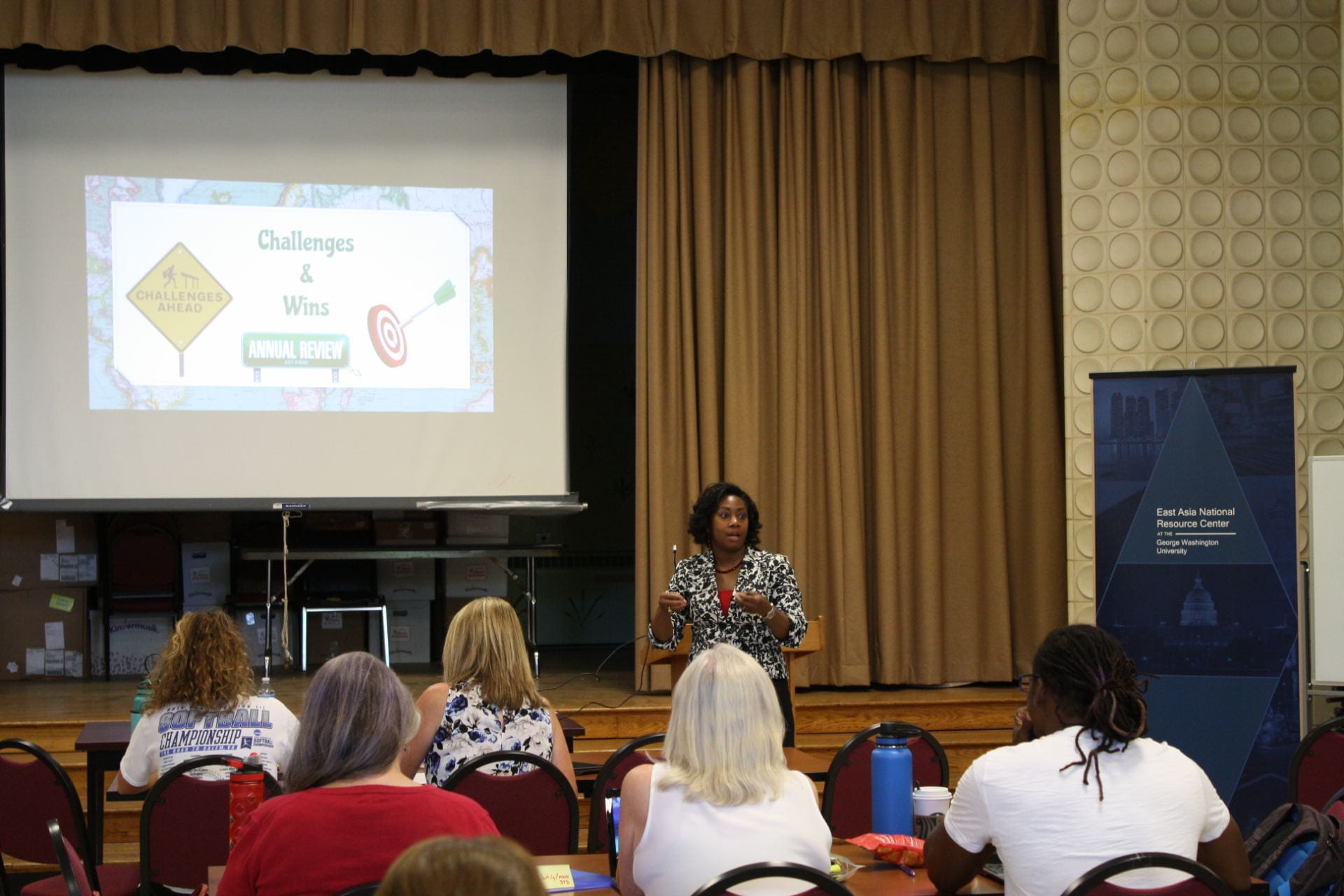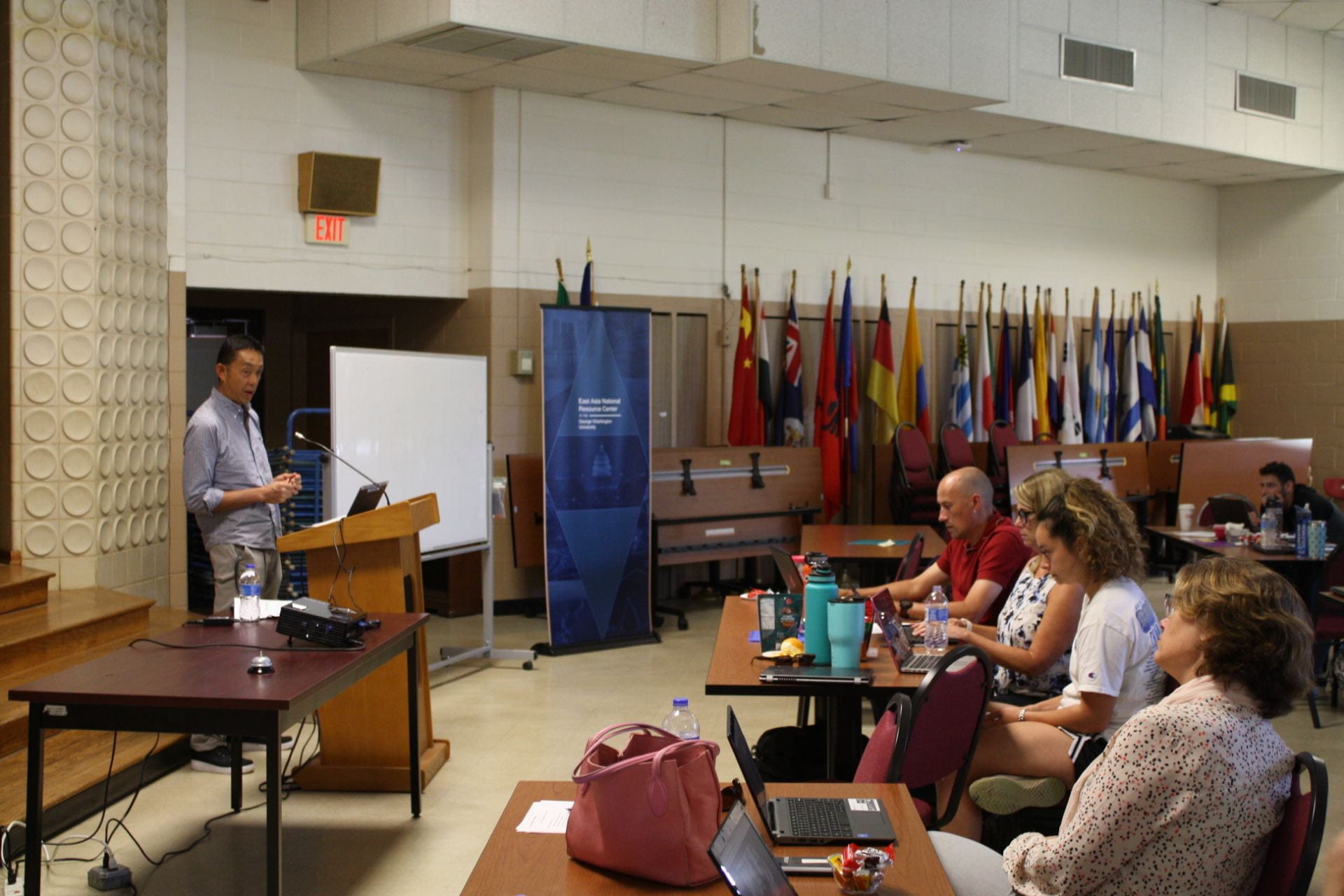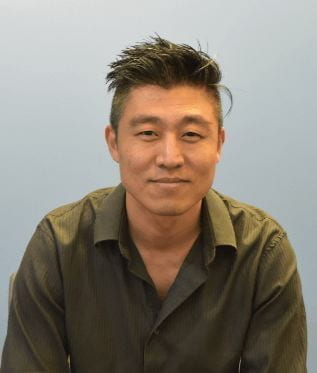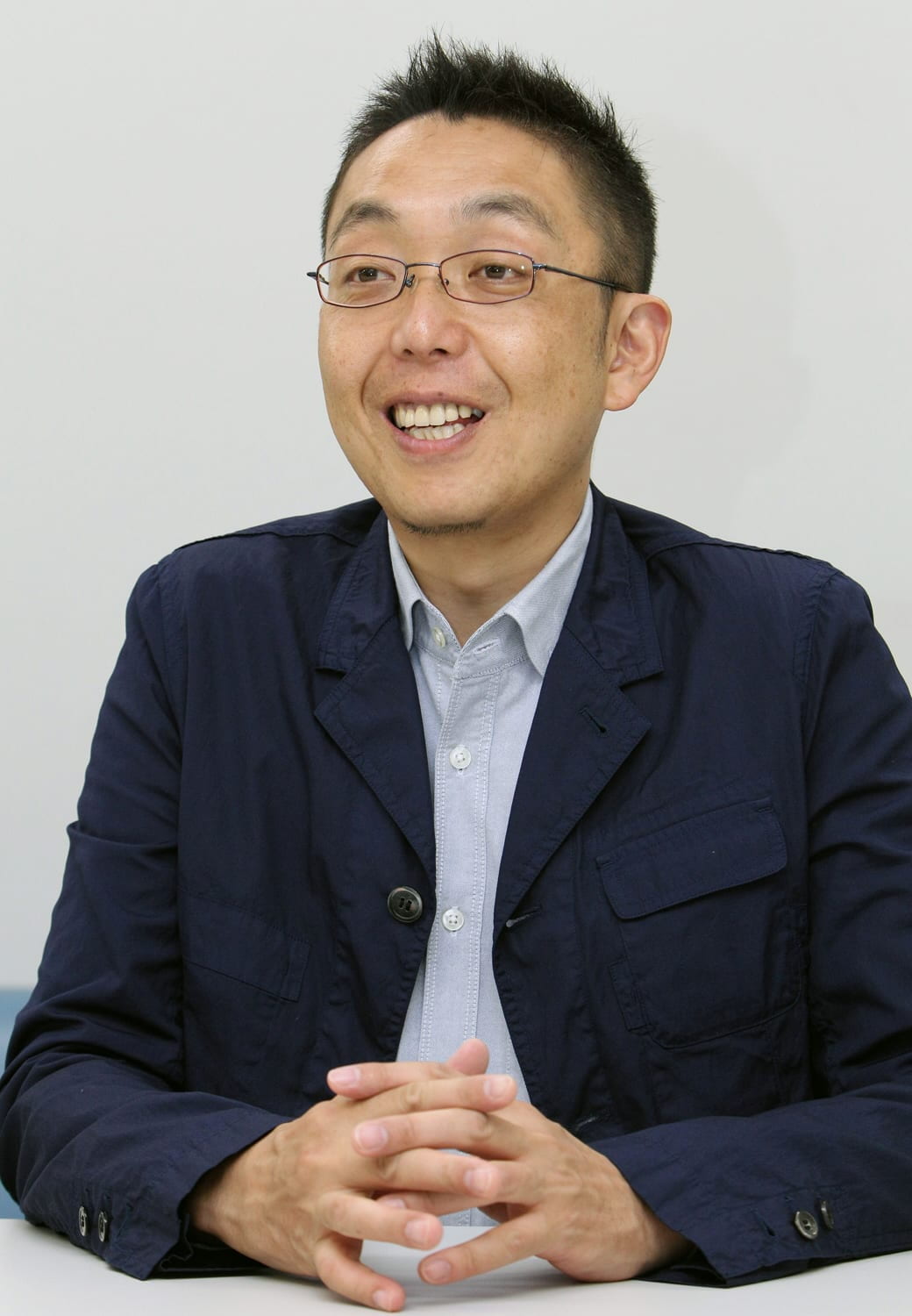
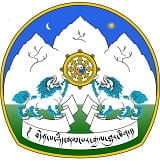

In Celebration of His Holiness the Dalai Lama’s 84th Birthday
Tuesday, July 23, 2019
6:00 PM – 8:30 PM
Doors Open at 5:30 PM
Performance in the Dorothy Betts Marvin Theatre
Cloyd Heck Marvin Center
800 21st Street NW, Suite 204
Washington, DC 20052
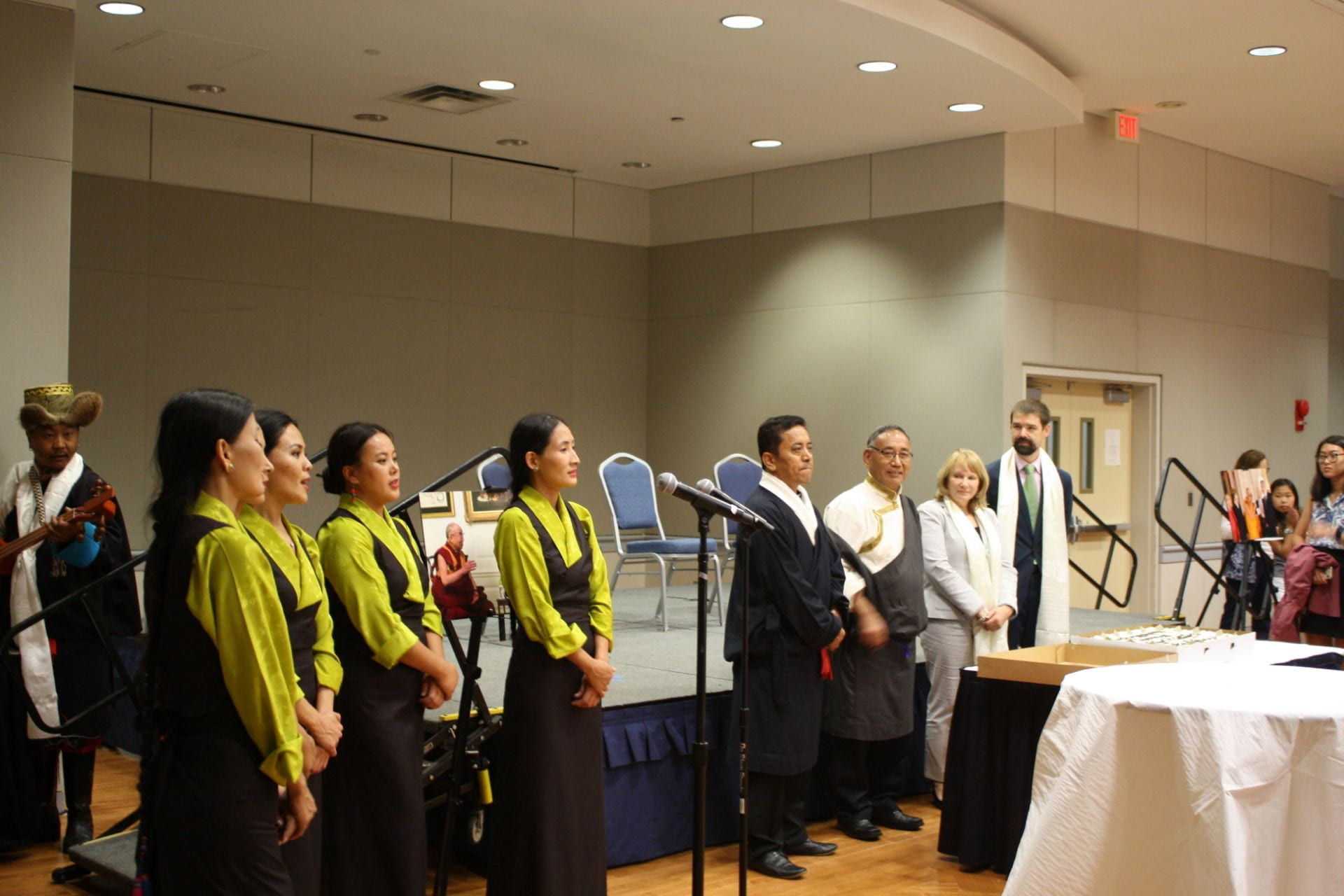
This event is free and open to the public and media. To ensure enough seats, please RSVP via the link below to register for the event.
Agenda:
5:30 PM: Doors Open
6:00 PM – 6:30 PM: Event Introduction & Welcome Remarks
6:30 PM – 7:30 PM: TIPA Performance
7:30 PM – 8:30 PM: Event Reception in the Continental Ballroom, Marvin Center 3rd Floor
About the Event:
You are cordially invited to join The George Washington University’s East Asia National Resource Center (NRC), the Office of Tibet in Washington, D.C., and the U.S. Agency for International Development (USAID) for “An Evening in Tibet,” a cultural performance of dance and music from across the Tibetan region.
As part of its education and outreach efforts to promote the study of East Asian culture and affairs, the NRC is pleased to host dancers and musicians from the Tibetan Institute of Performing Arts (TIPA) in Dharamsala, India. The troupe will present a performance to honor the cultural vision of His Holiness the 14th Dalai Lama, as well as celebrate His Holiness’ 84th birthday. TIPA was founded by His Holiness in 1959 to preserve the rich performing arts of Tibet, and its artists have performed throughout Europe, the United States, Australia, New Zealand, South America, and Asia.
The event will take place on Tuesday, July 23, 2019, from 6:00 PM. to 8:30 PM. Audience members will be invited to learn more about Tibetan culture by speaking with the performers and director at a reception immediately following the performance. Light refreshments will be served and all will be invited to celebrate His Holiness’ birthday with cake.
